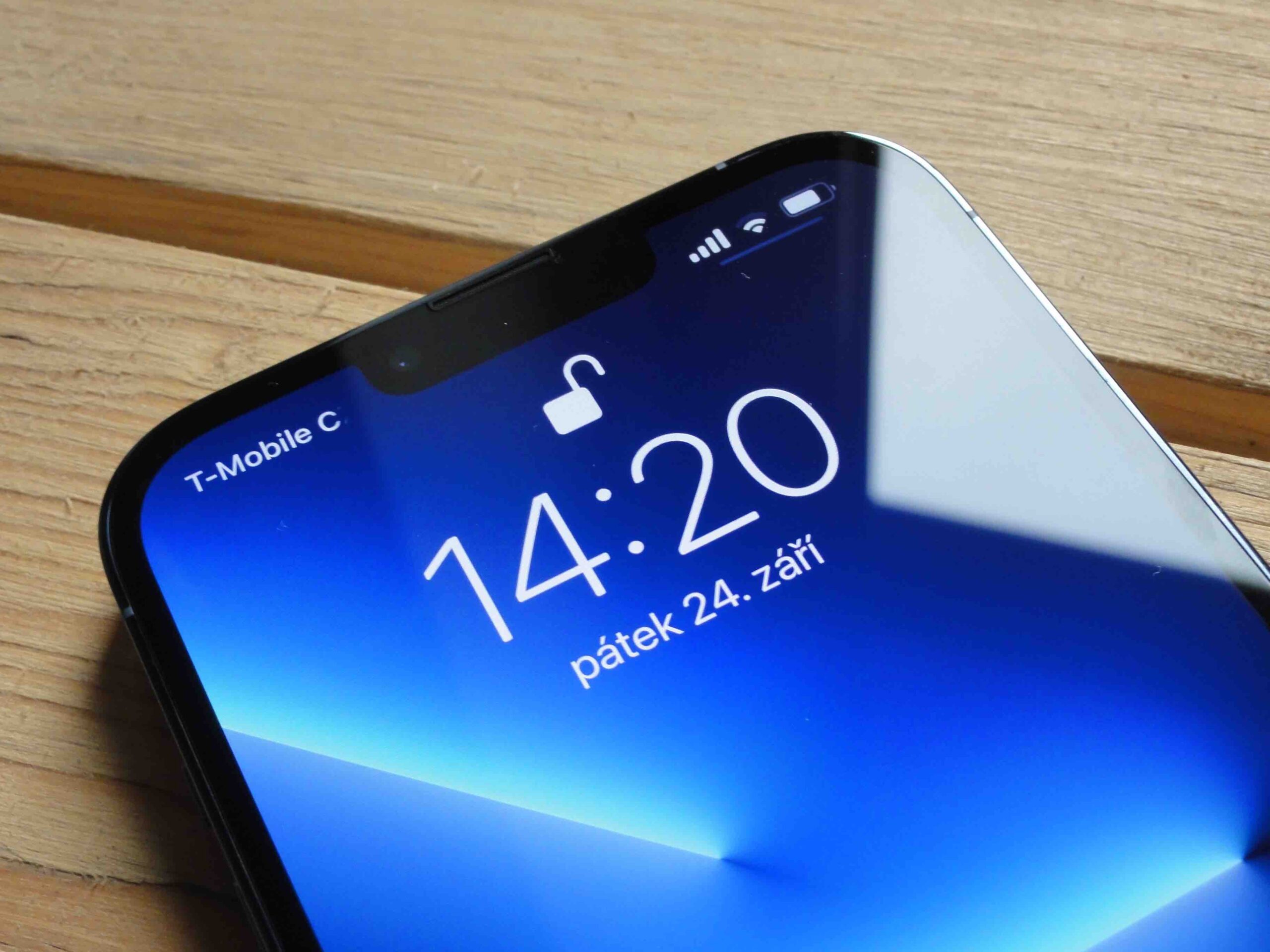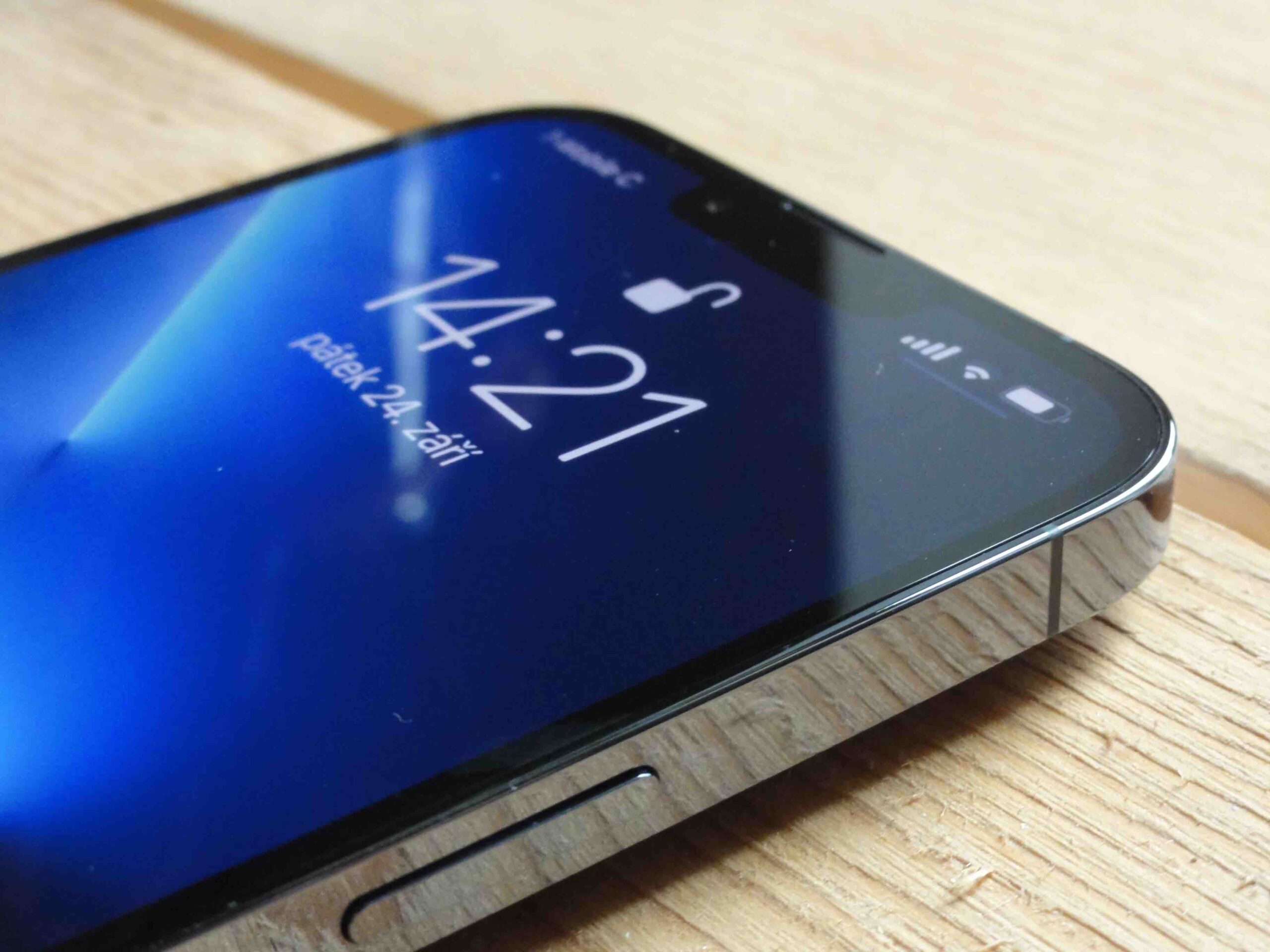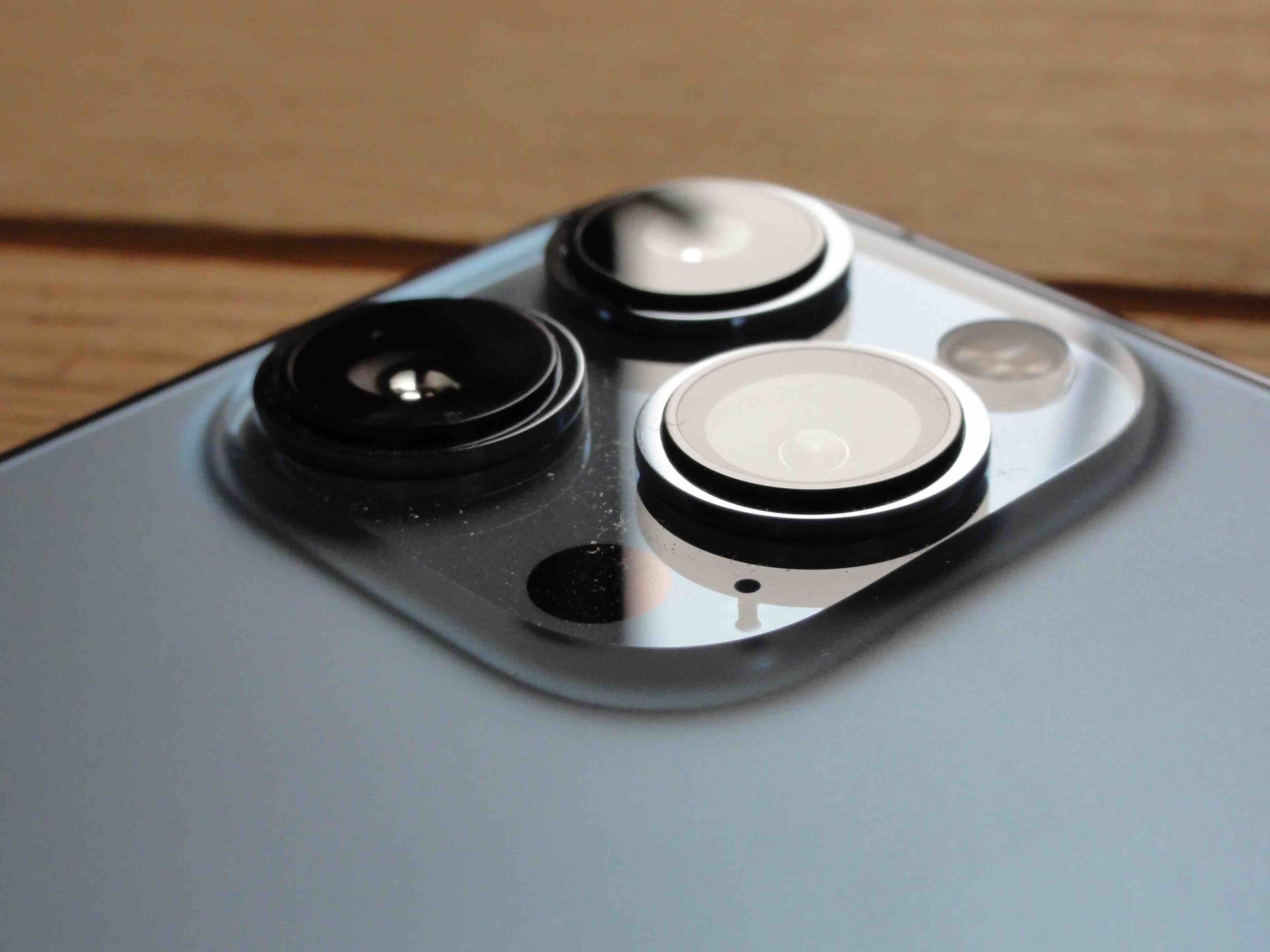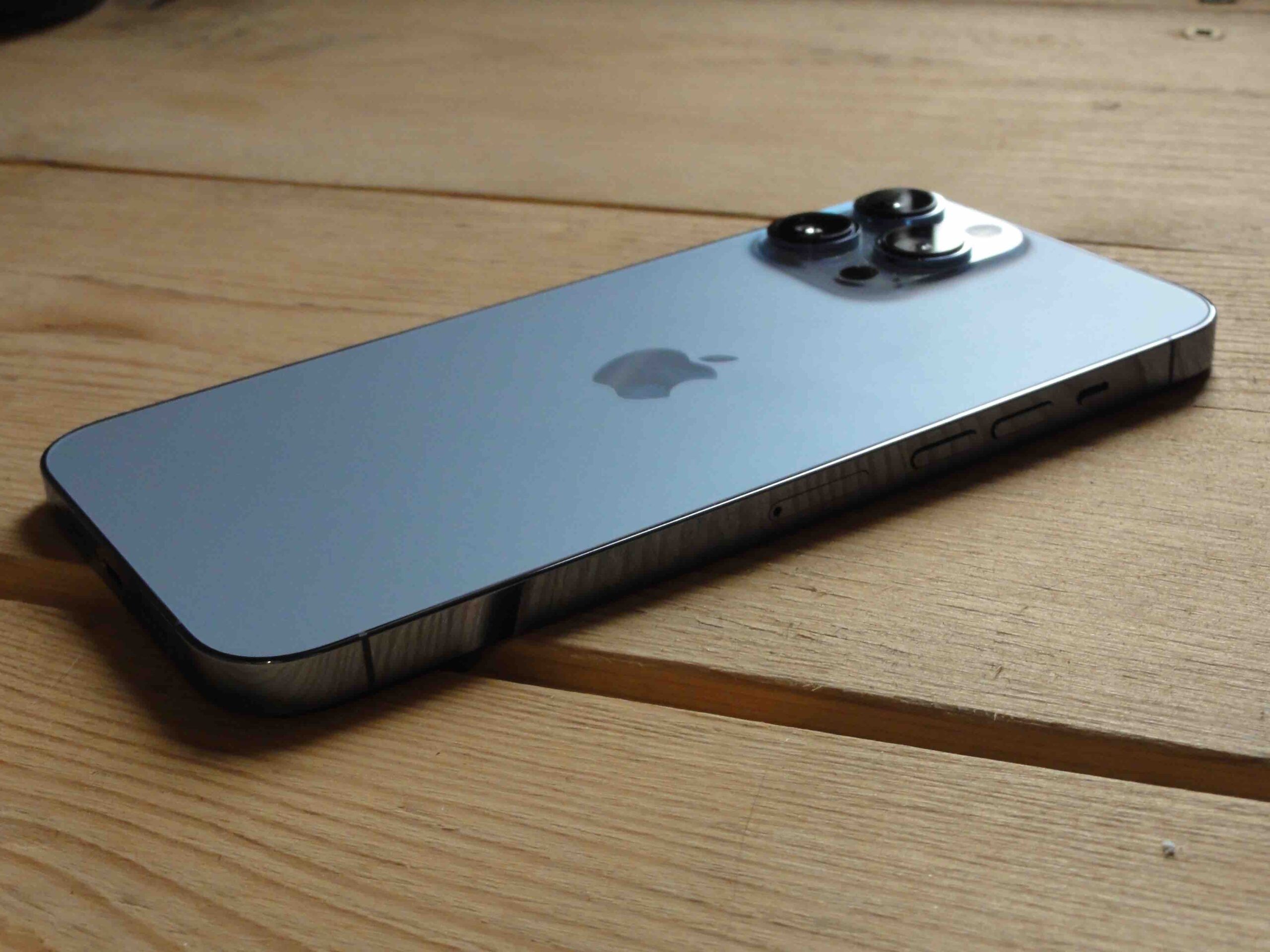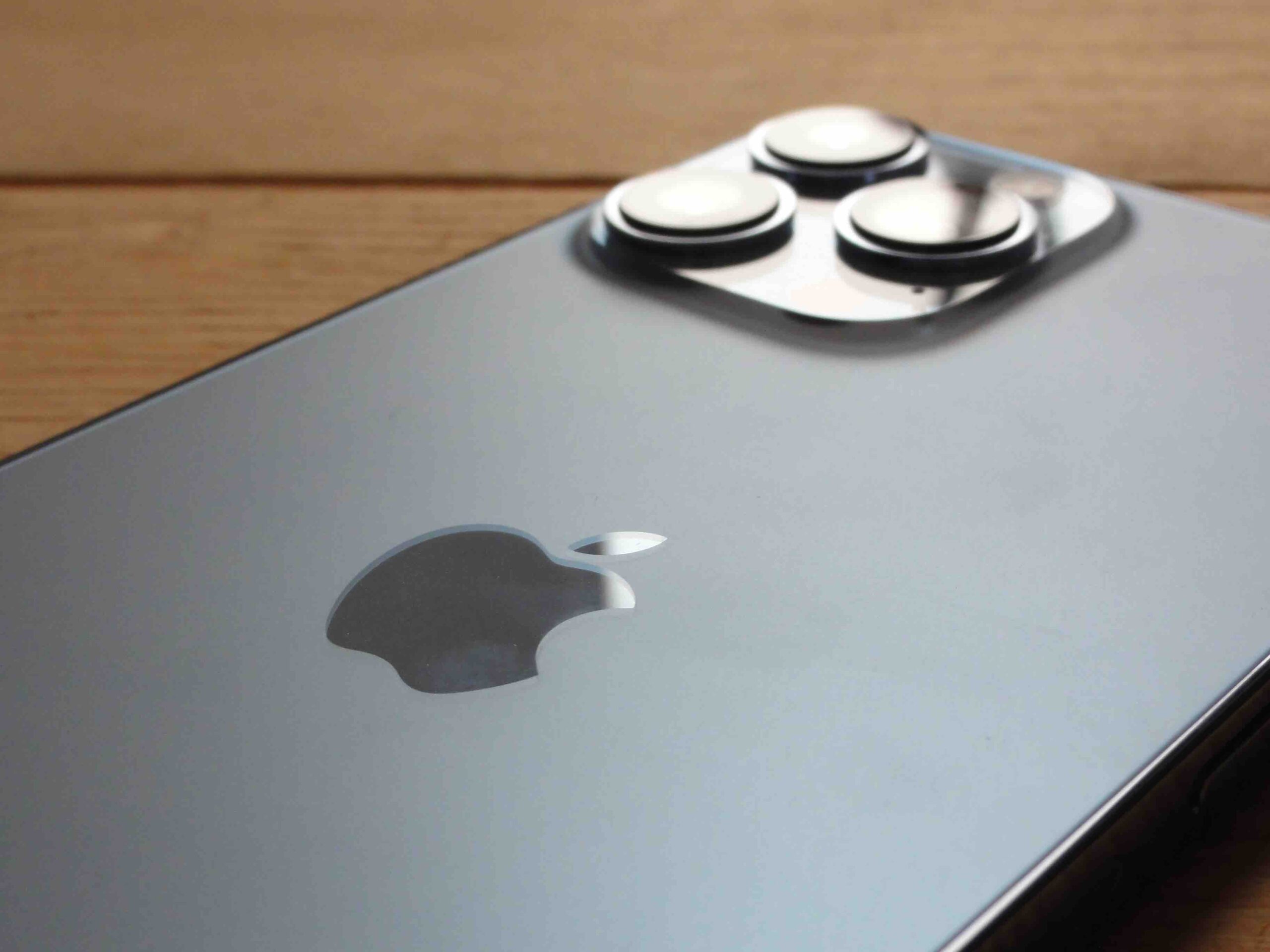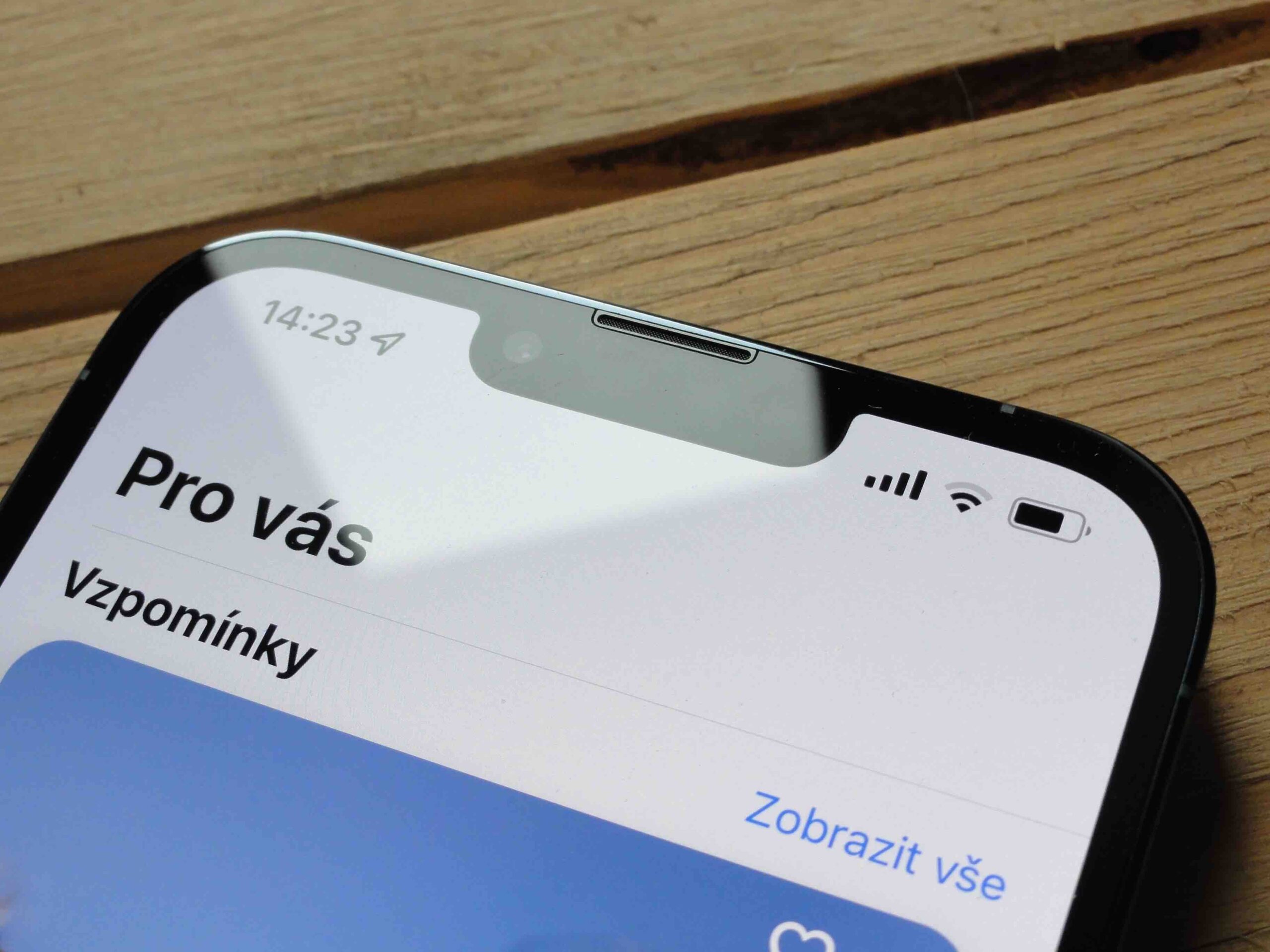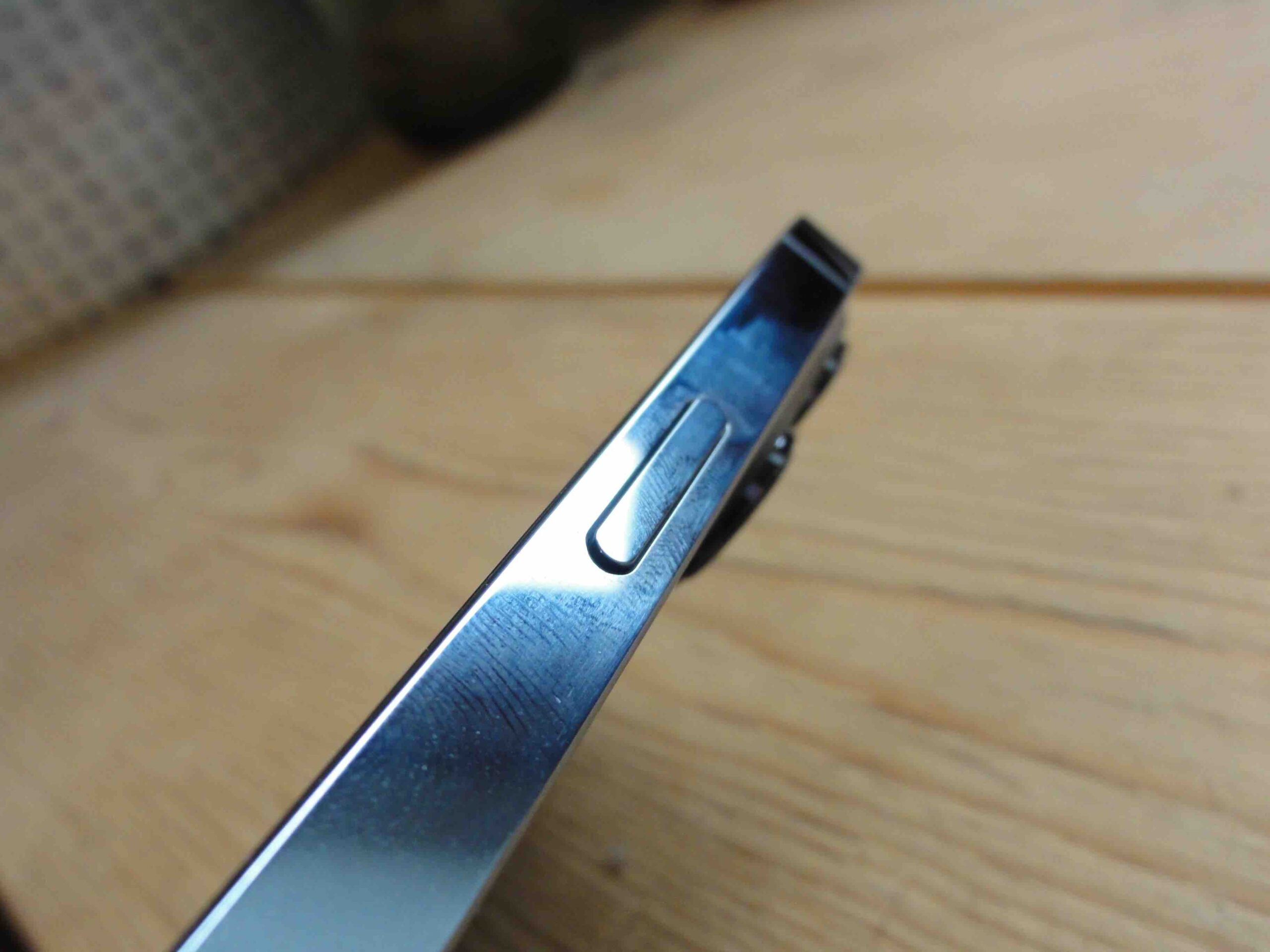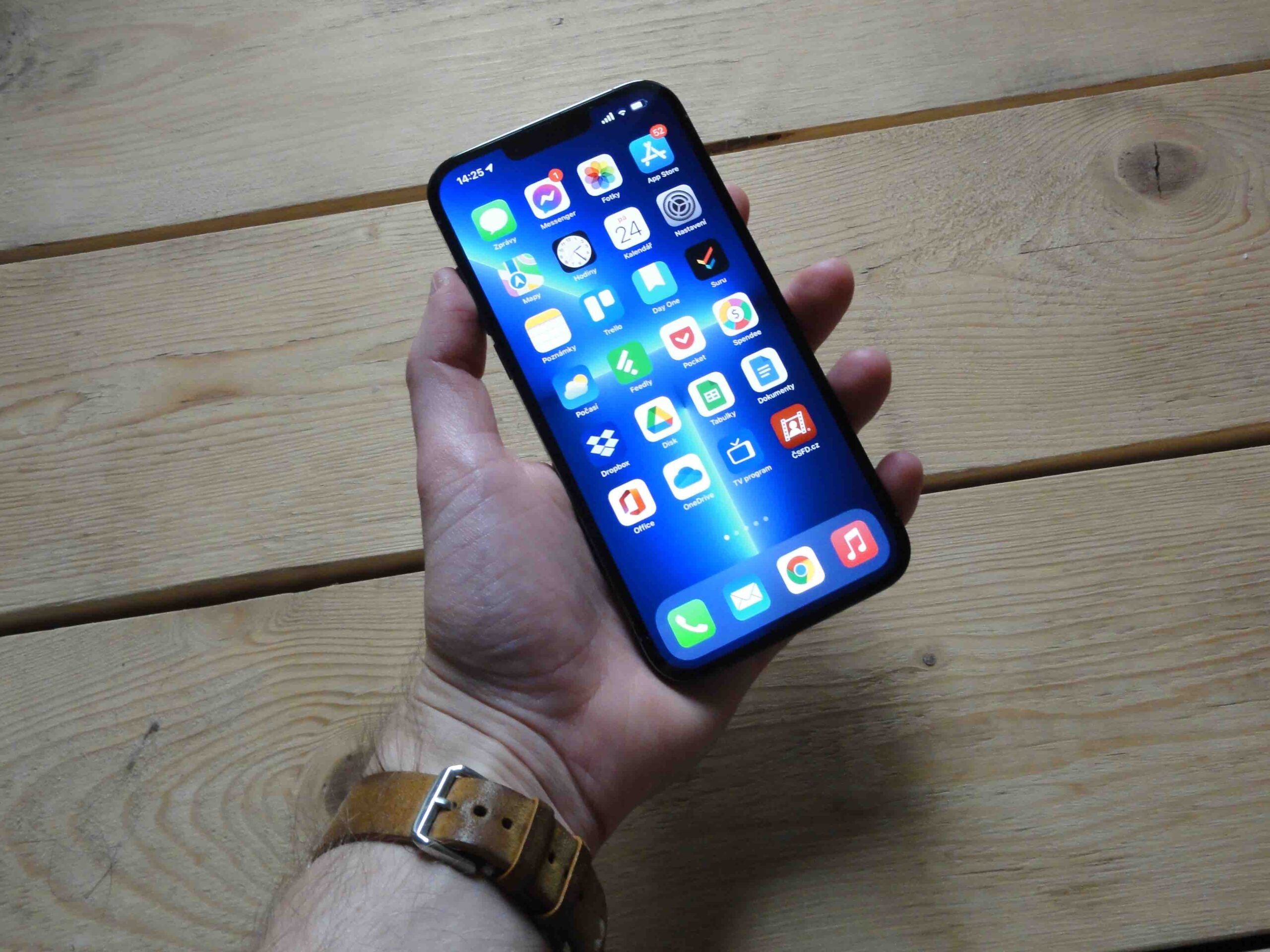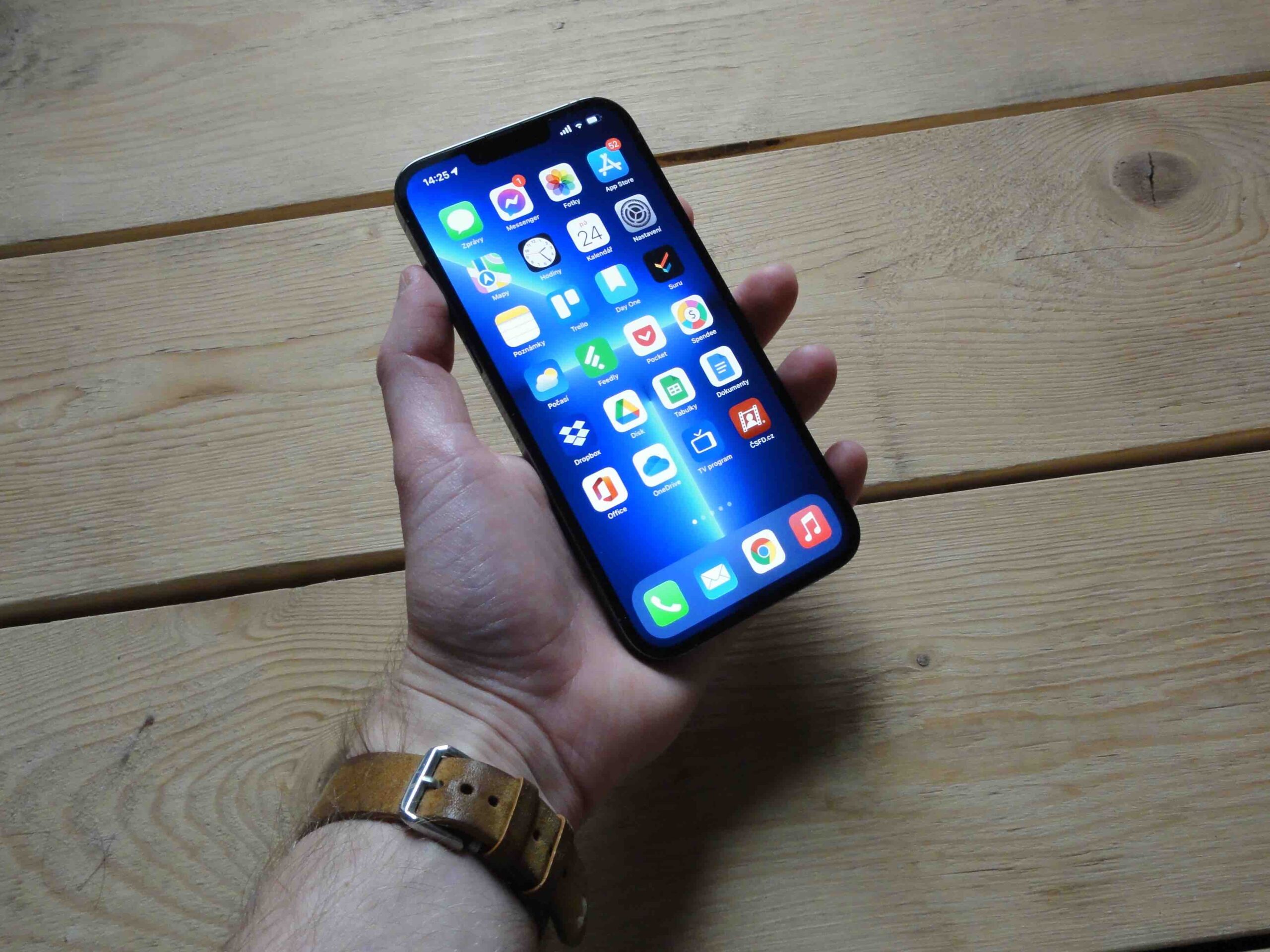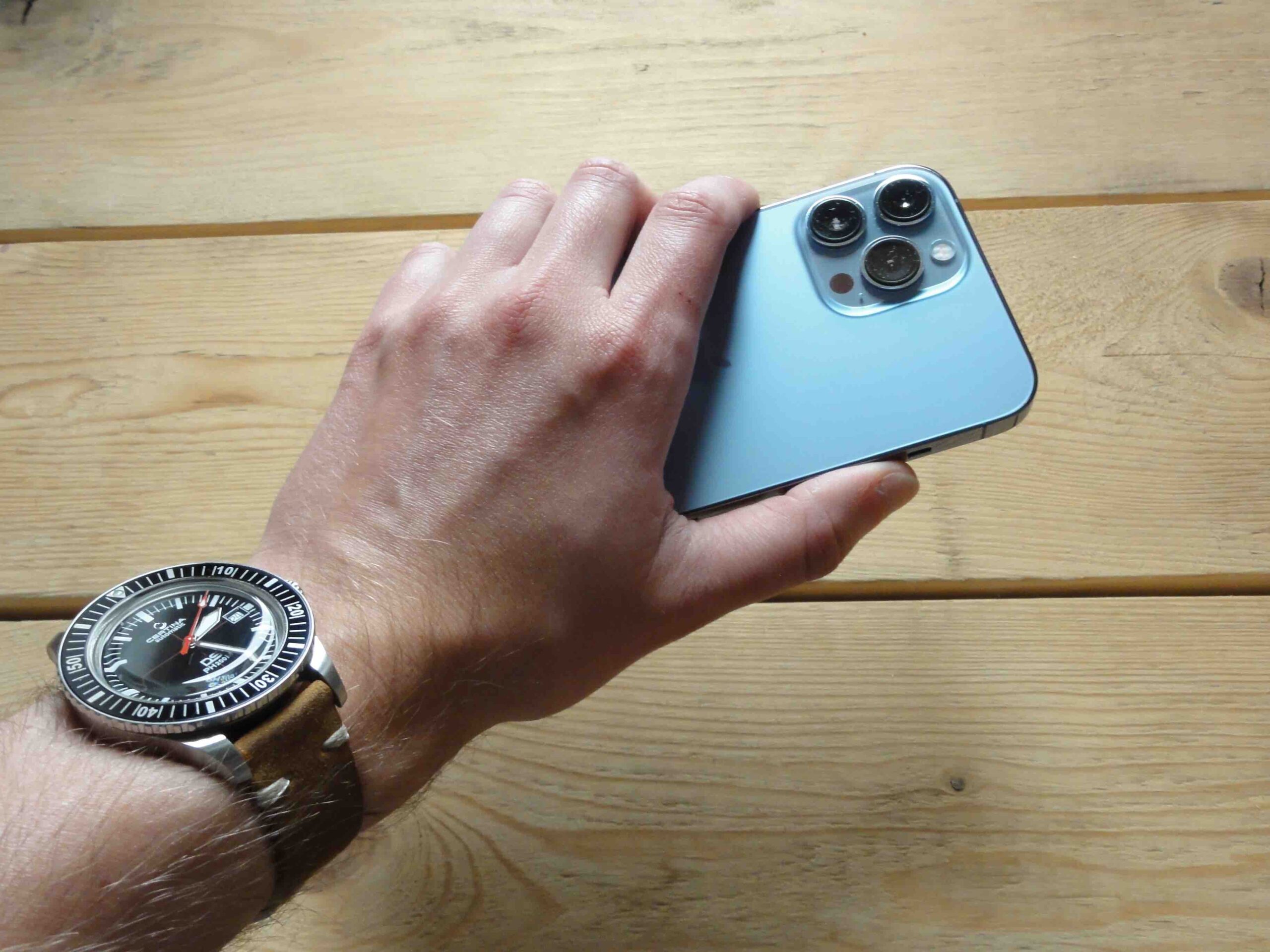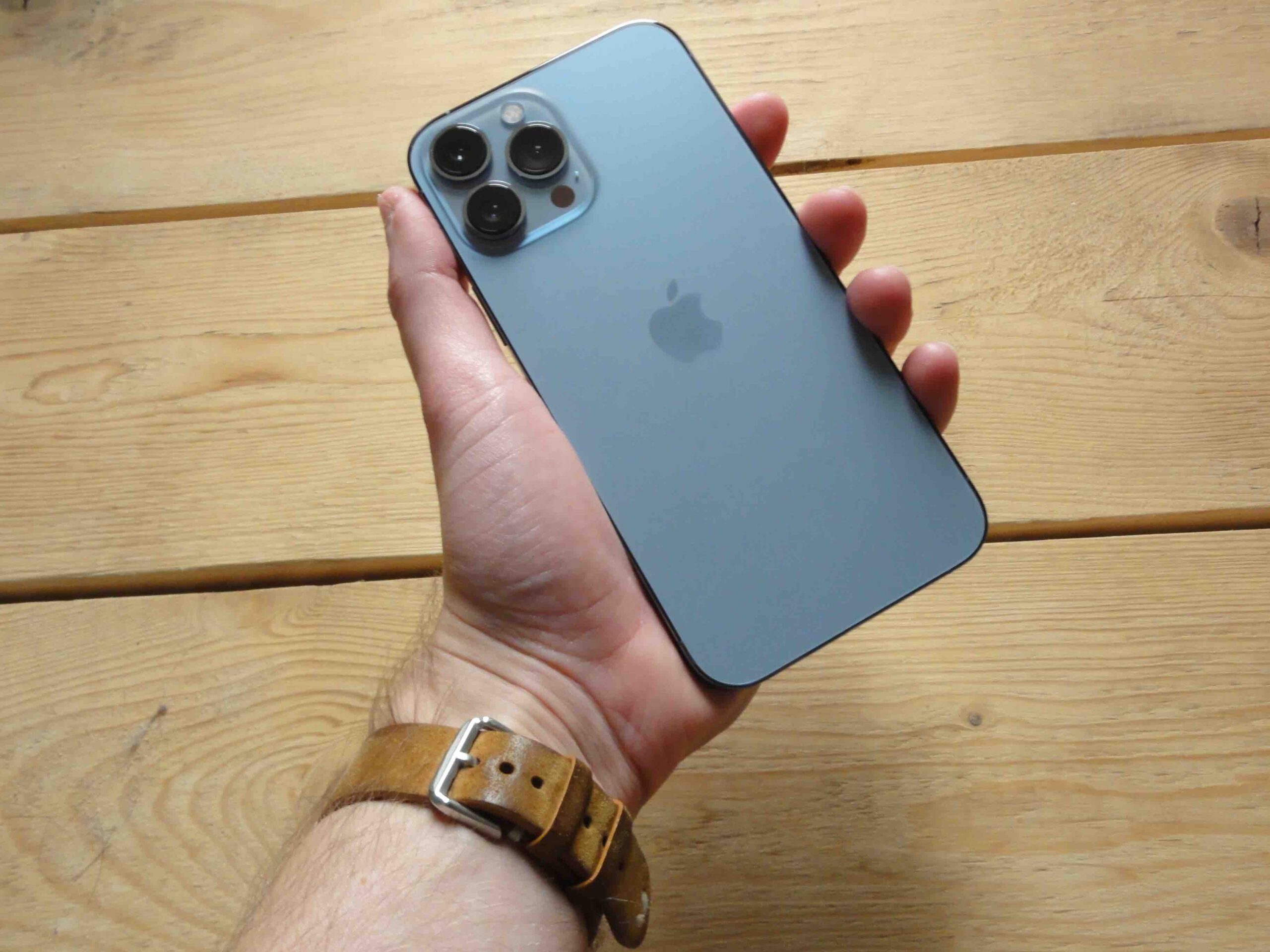Apple, Qualcomm, Samsung - three main competitors in the field of mobile chips, which can be supplemented by MediaTek, for example. But the first three are the most talked about. For Apple, its chips are manufactured by TSMC, but that is beside the point. Which chip is the best, the most powerful, the most efficient, and does it really matter?
A15 Bionic, Snapdragon 8 Gen 1, Exynos 2200 - that's a trio of three chips from three manufacturers that are the current top. The first is of course installed in iPhone 13, 13 Pro and SE 3rd generation, the remaining two are intended for Android devices. Qualcomm's Snapdragon series is quite a constant in the market, where its capabilities are used by many manufacturers of end devices. Compared to that, Samsung's Exynos is really trying, but it still doesn't do very well. After all, that's why the company installs it in its devices, sort of like an inverter. One device can even have a different chip for each market, even in the case of flagship models (Galaxy S22).
It could be interest you
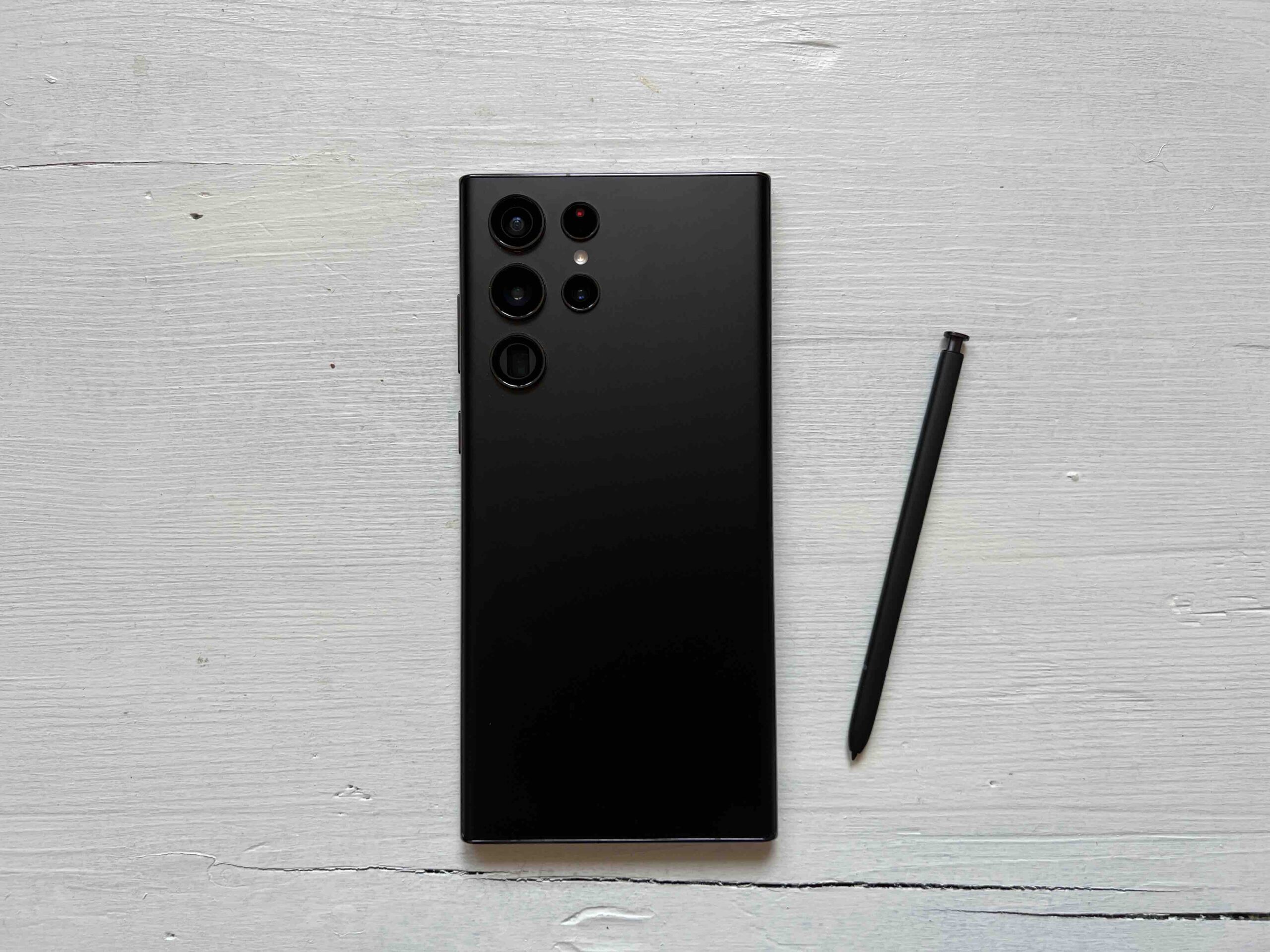
But how to compare the performance of several chips on several phones? Of course, we have Geekbench, a cross-platform tool for comparing CPU and GPU performance of devices. Just install the app and run the test. Whichever device reaches the higher number is the "clear" leader. Geekbench uses a scoring system that separates single-core and multi-core performance and workloads that supposedly simulate real-world scenarios. Apart from Android and iOS platforms, it is also available for macOS, Windows and Linux.
But as he says Wikipedia, the usefulness of the Geekbench test results was strongly questioned because it combined disparate benchmarks into a single score. Later revisions starting with Geekbench 4 addressed these concerns by splitting integer, float, and crypto results into subscores, which was an improvement, but can still be misleading results that can be abused to artificially overrate one platform over another. Of course, Geekbench is not the only benchmark, but we focus on it on purpose.
It could be interest you

Game optimization service and not tests
At the beginning of February, Samsung released its flagship Galaxy S22 series. And it included a feature called Game Optimizing Service (GOS), which aimed to reduce the load on the device while playing demanding games in connection with the balance of battery power consumption and device heating. But Geekbench did not limit, and thus it measured a higher performance than was actually available in the games. Result? Geekbench revealed that Samsung has been following these practices since the Galaxy S10 generation, and thus removed four years of Samsung's most powerful series from its results (the company has already released a corrective update).
But Samsung is neither the first nor the last. Even leading Geekbench removed the OnePlus device and until the end of the week he wants to do the same with the Xiaomi 12 Pro and Xiaomi 12X devices. Even this company manipulates performance to a certain extent. And who knows who will come next. And remember Apple's iPhone slowdown case that resulted in the arrival of the Battery Health feature? So even iPhones artificially reduced their performance to save battery, they just figured it out earlier than others (and it's true that Apple did this with the whole device and not just in games).
It could be interest you
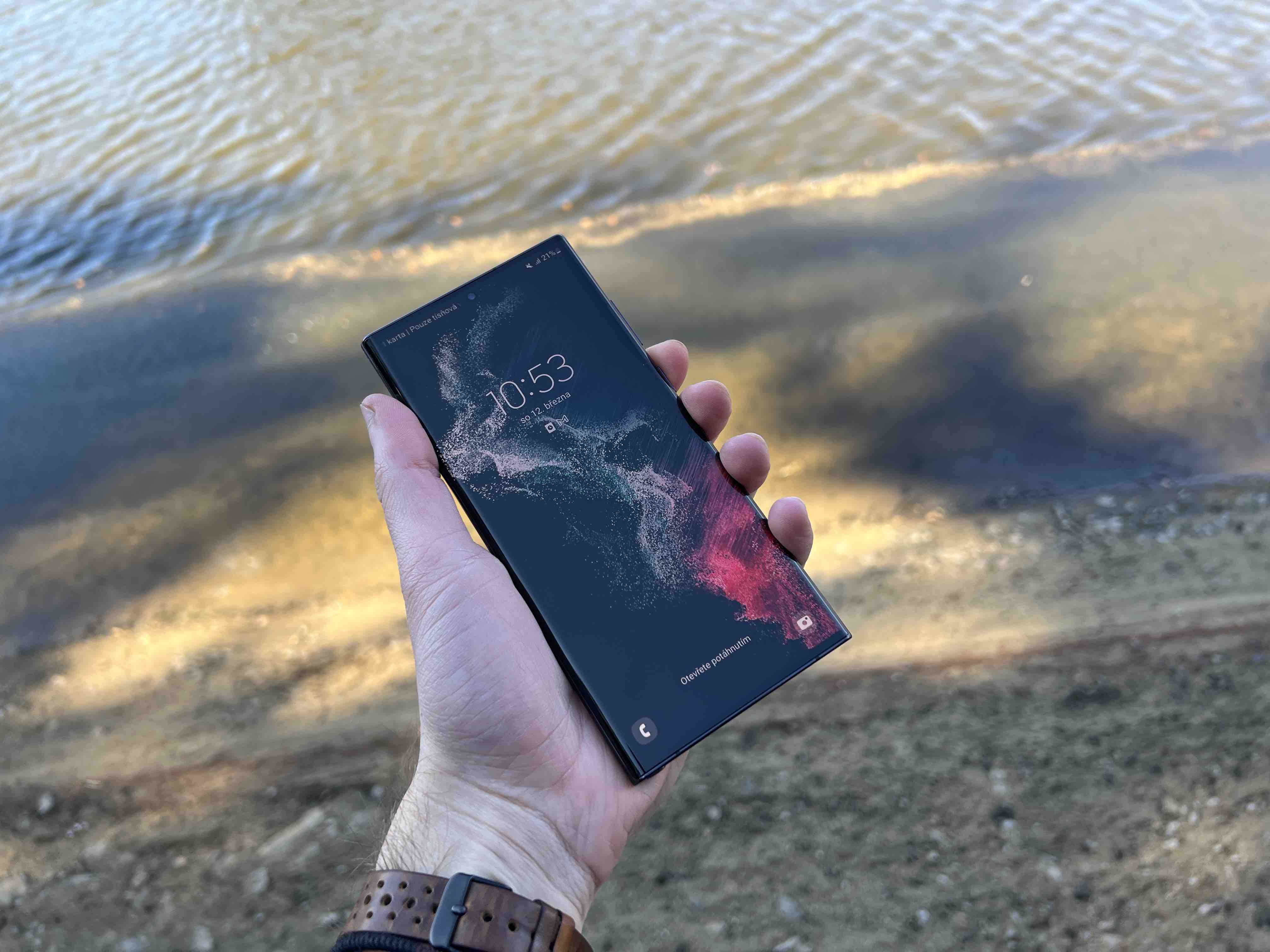
You can't stop progress
In contrast to all this information, it seems that Geekbench will throw out all devices from its rankings, that Apple will continue with its A15 Bionic king, and that it doesn't really matter what technologies the most modern chips are made with, when, paradoxically, the prim "throttling" software is at play here . What is the use of such a device if it cannot be used exactly where it is needed most? And that in games?
Sure, the chip also affects photo quality, device life, system fluidity, and how long it can keep the device alive with respect to software updates. The A3 Bionic is more or less useless for such a 15rd generation iPhone SE, because it will use its potential only with difficulty, but Apple knows that it will keep it in the world like this for at least another 5 or more years. Even with all these limitations, the flagship models of the manufacturers are actually still great devices, which theoretically would be enough even with the significantly lower performance of their chips. But marketing is marketing and the customer wants the latest and greatest. Where would we be if Apple introduced the iPhone 14 this year with the same A15 Bionic chip. That's not possible. And what about the fact that the performance progress is completely negligible.
 Adam Kos
Adam Kos 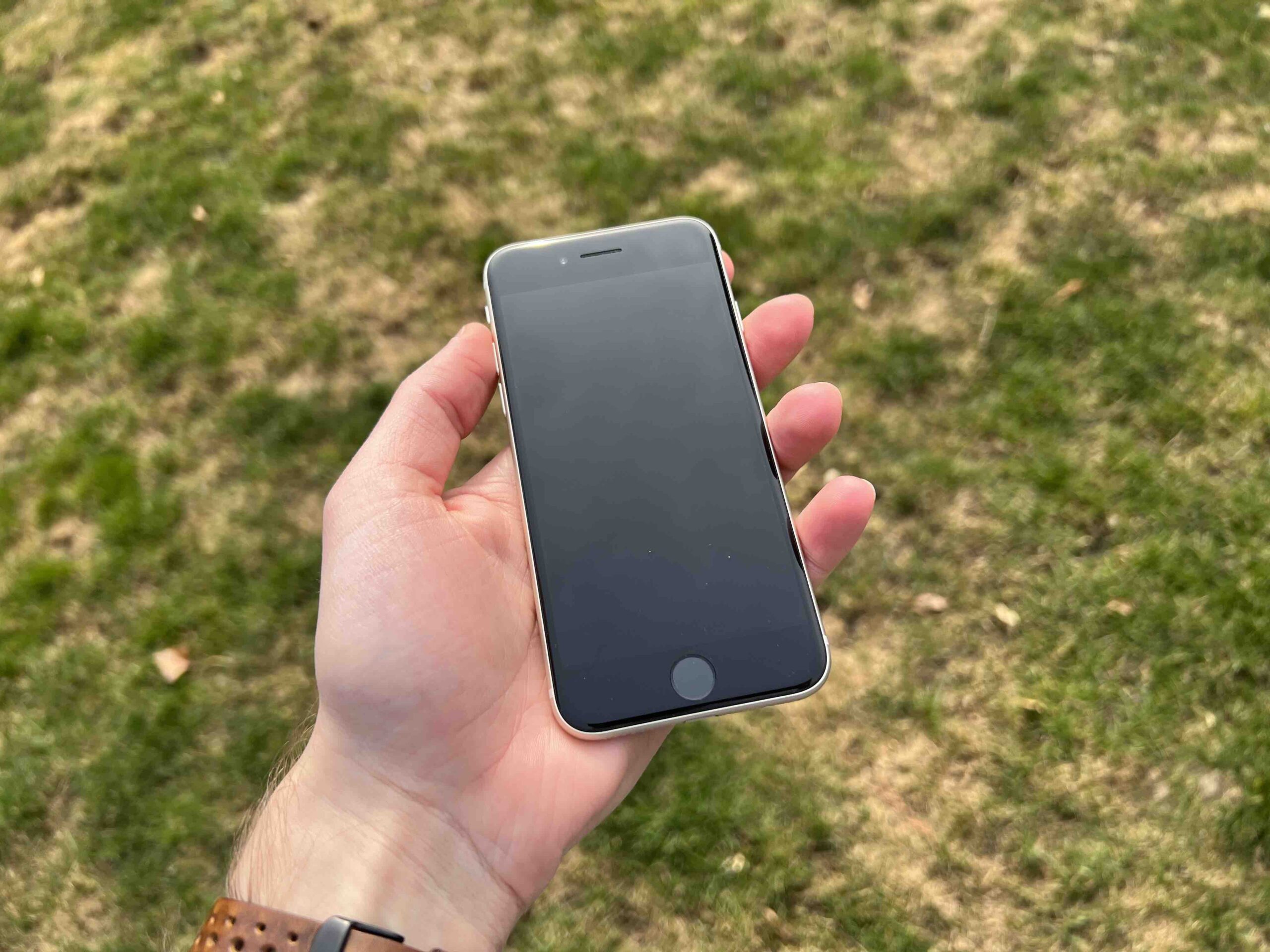
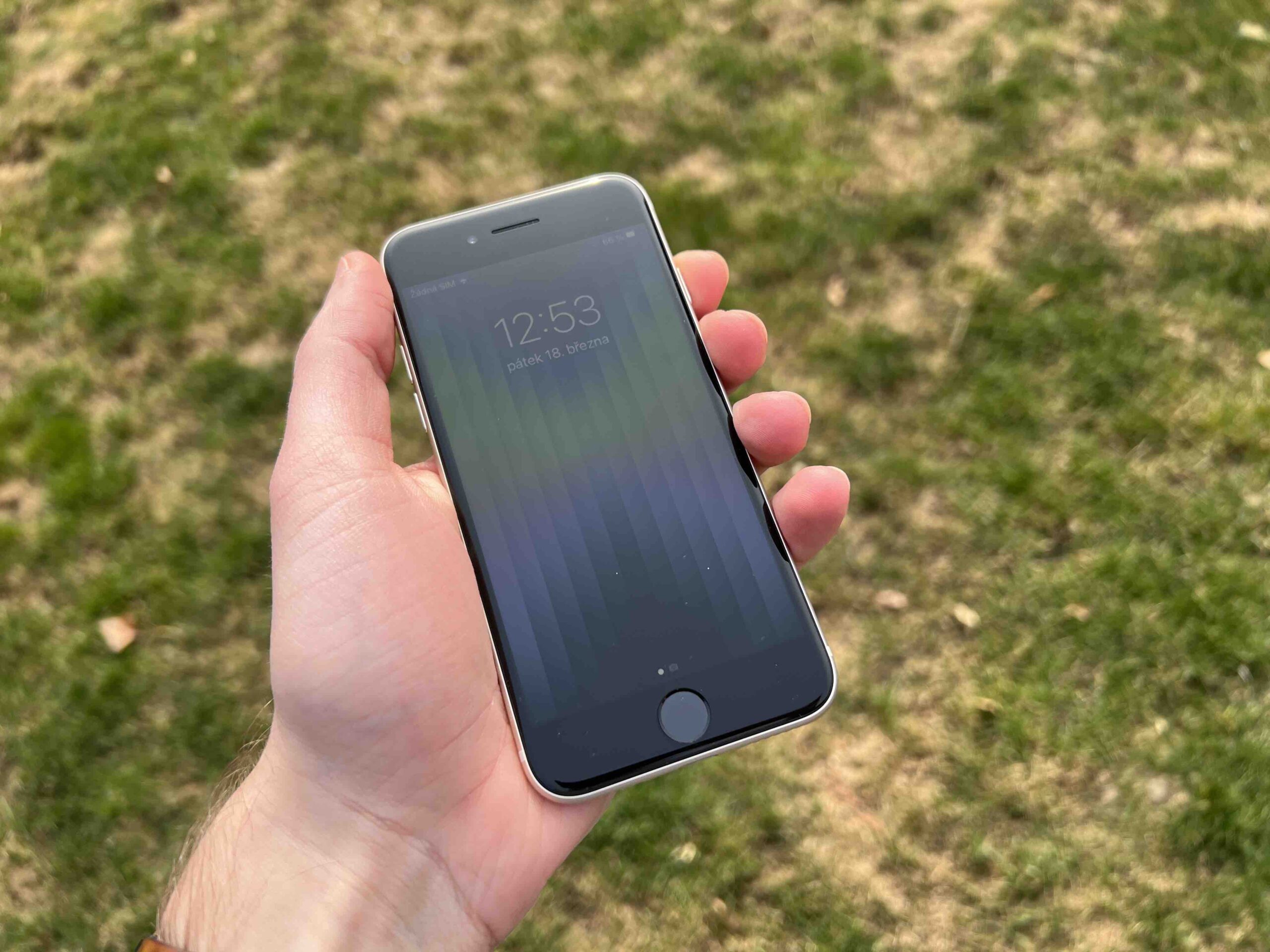
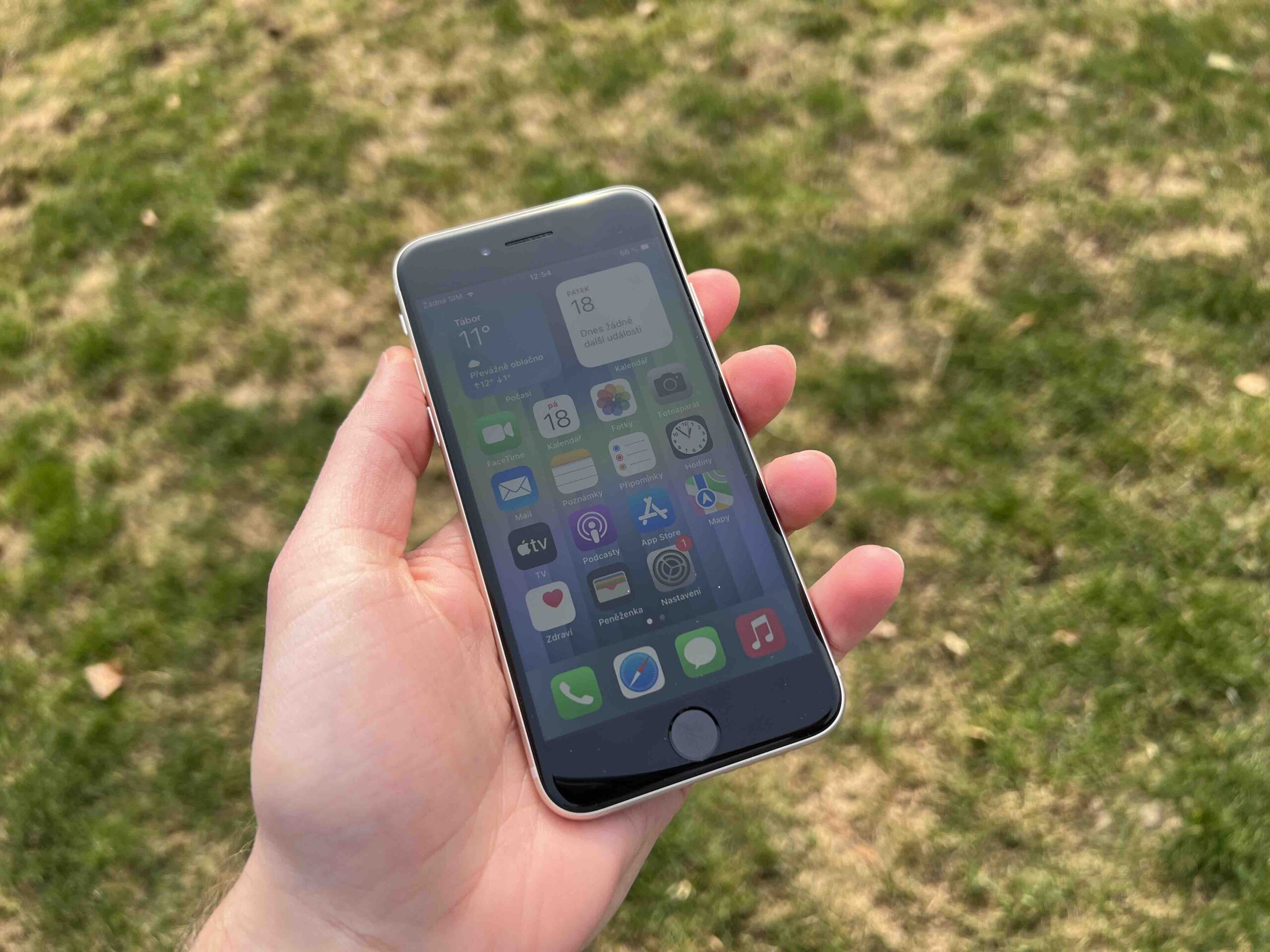
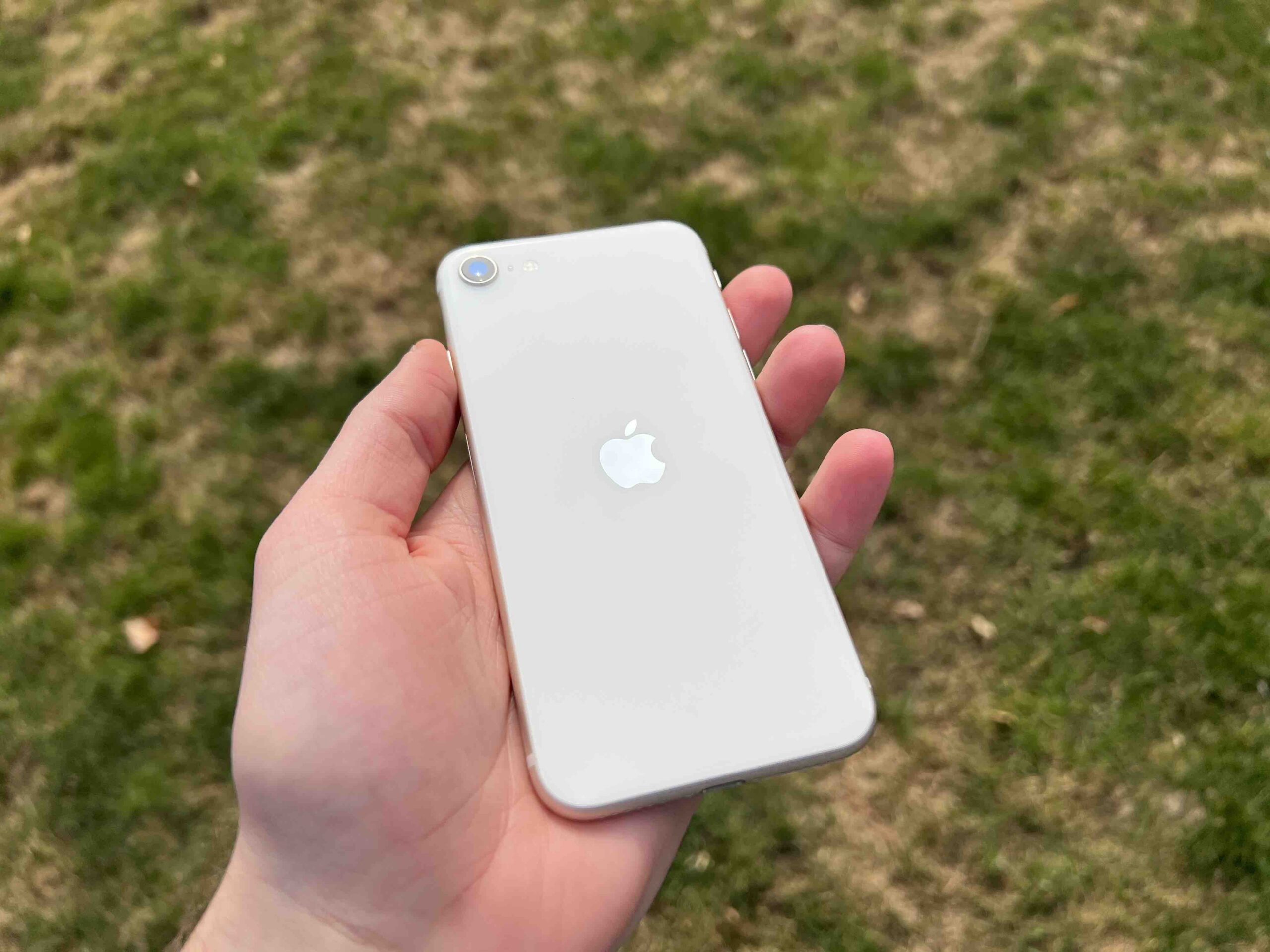
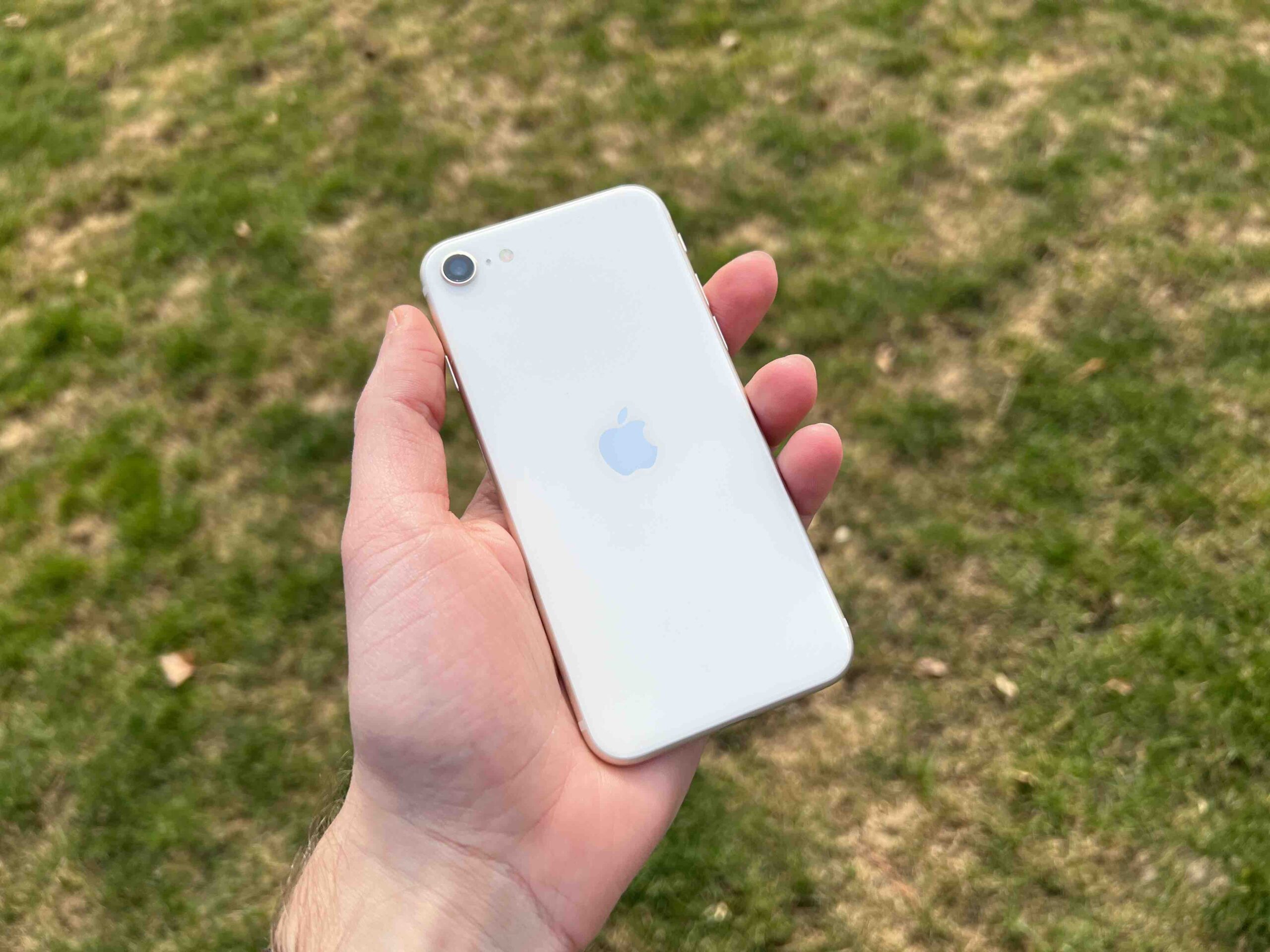
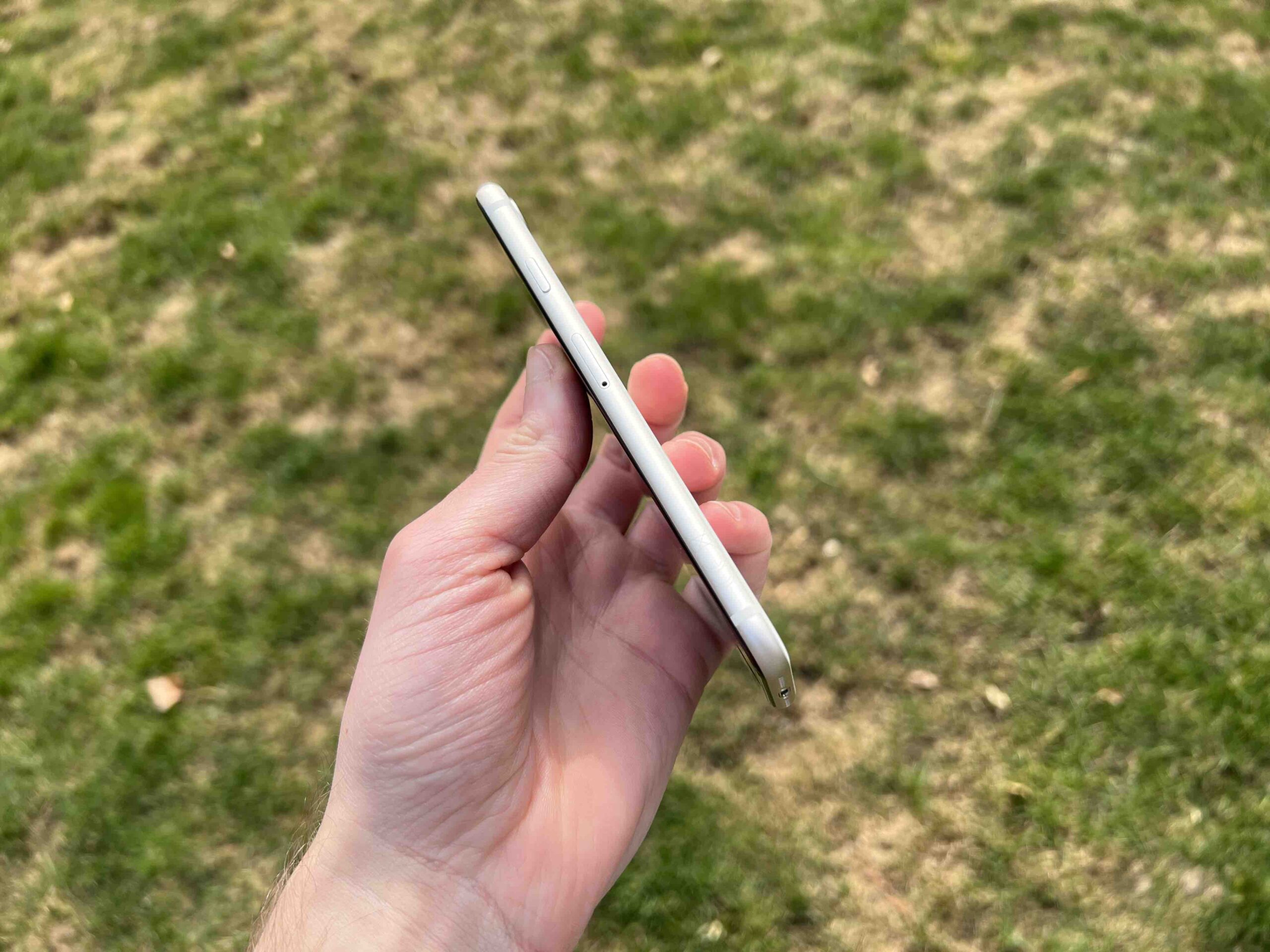
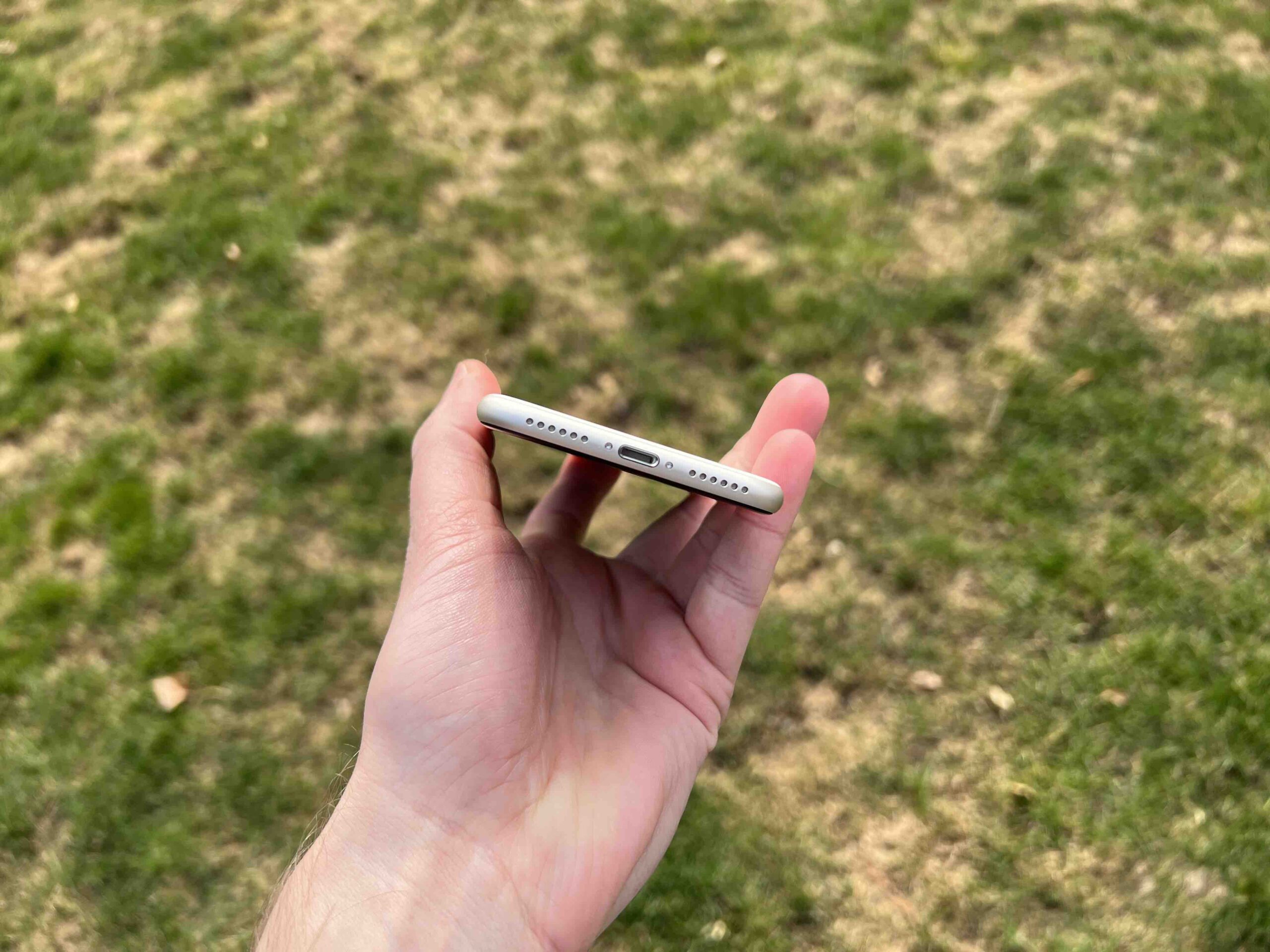
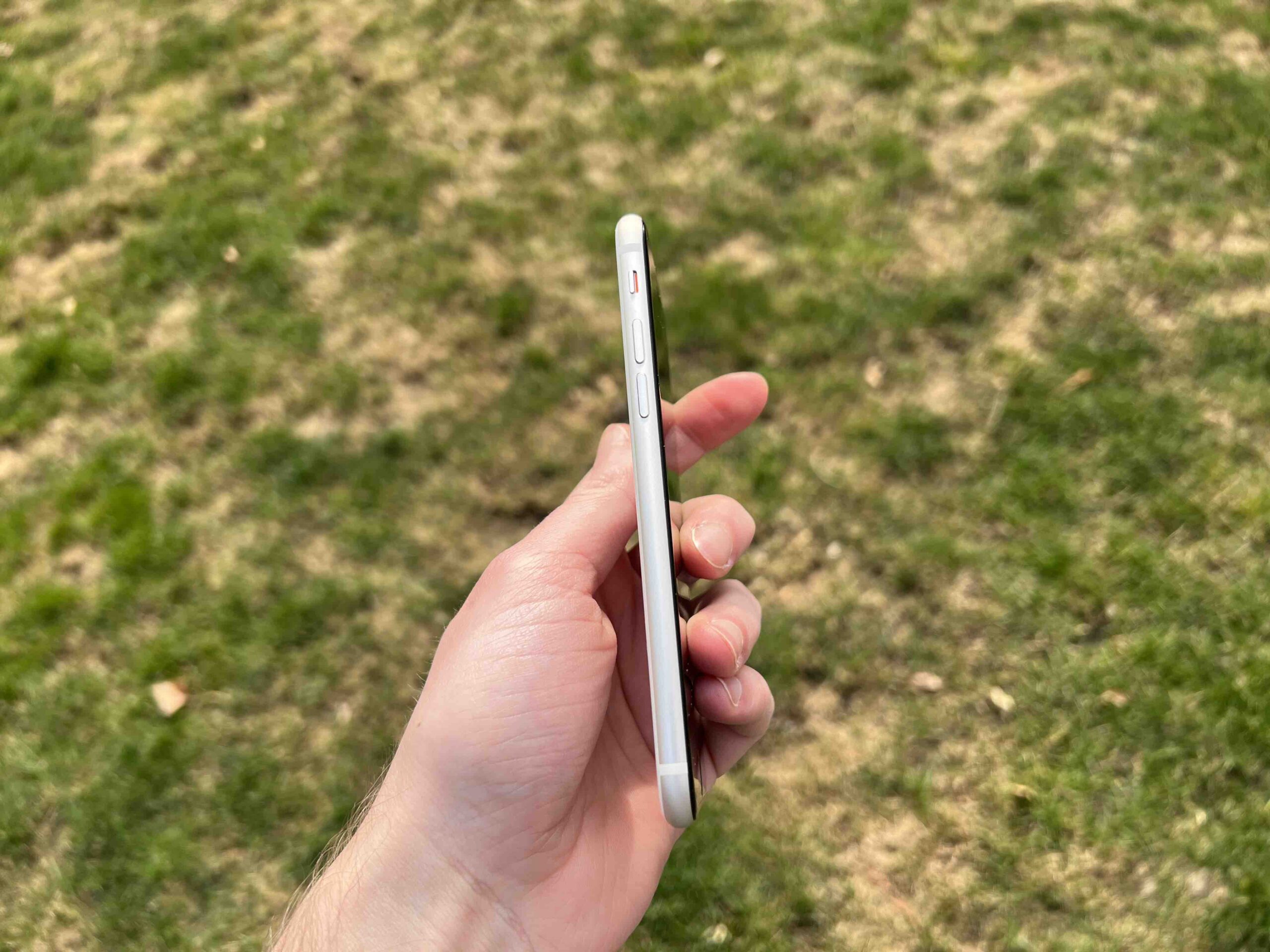
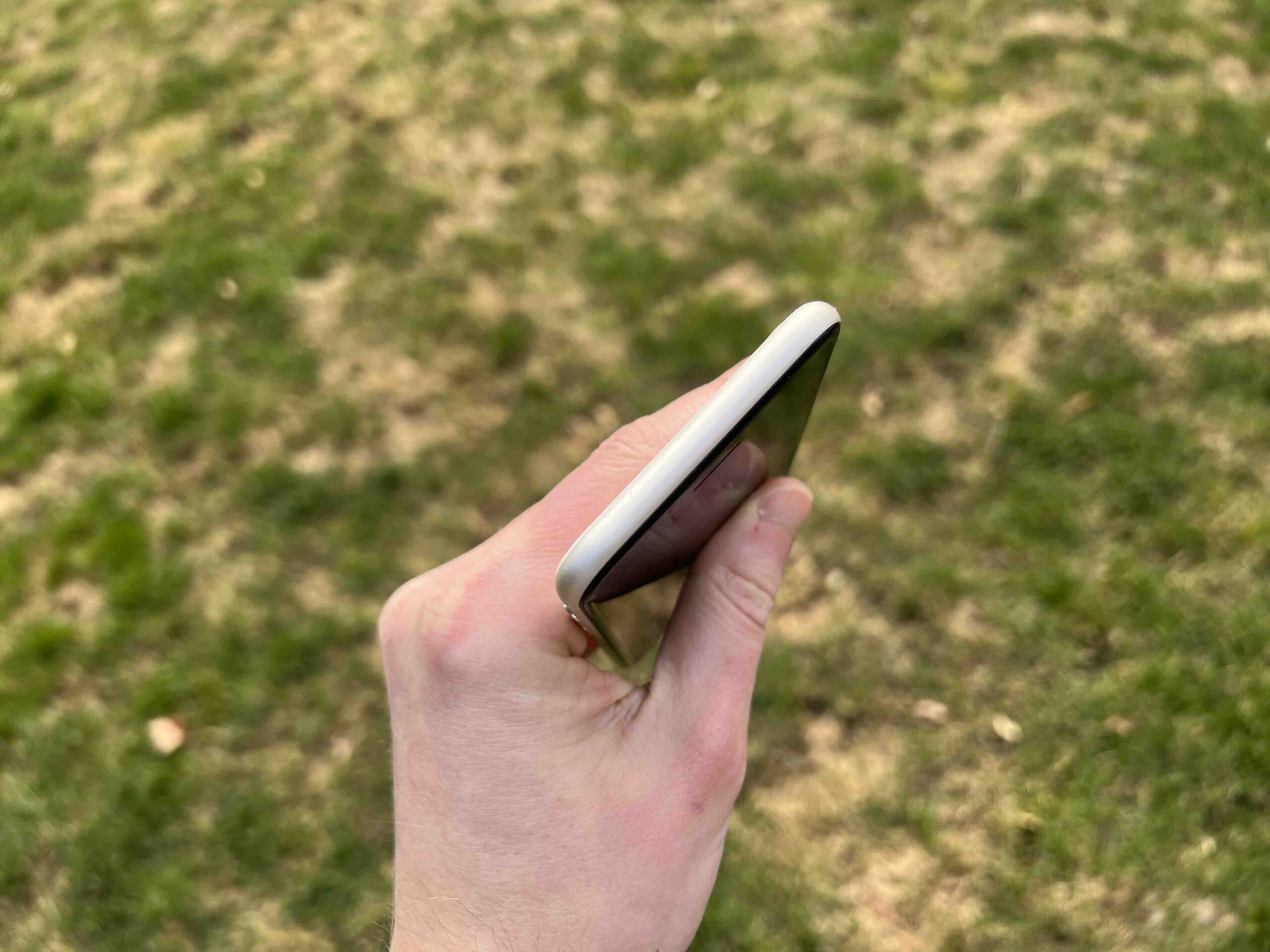
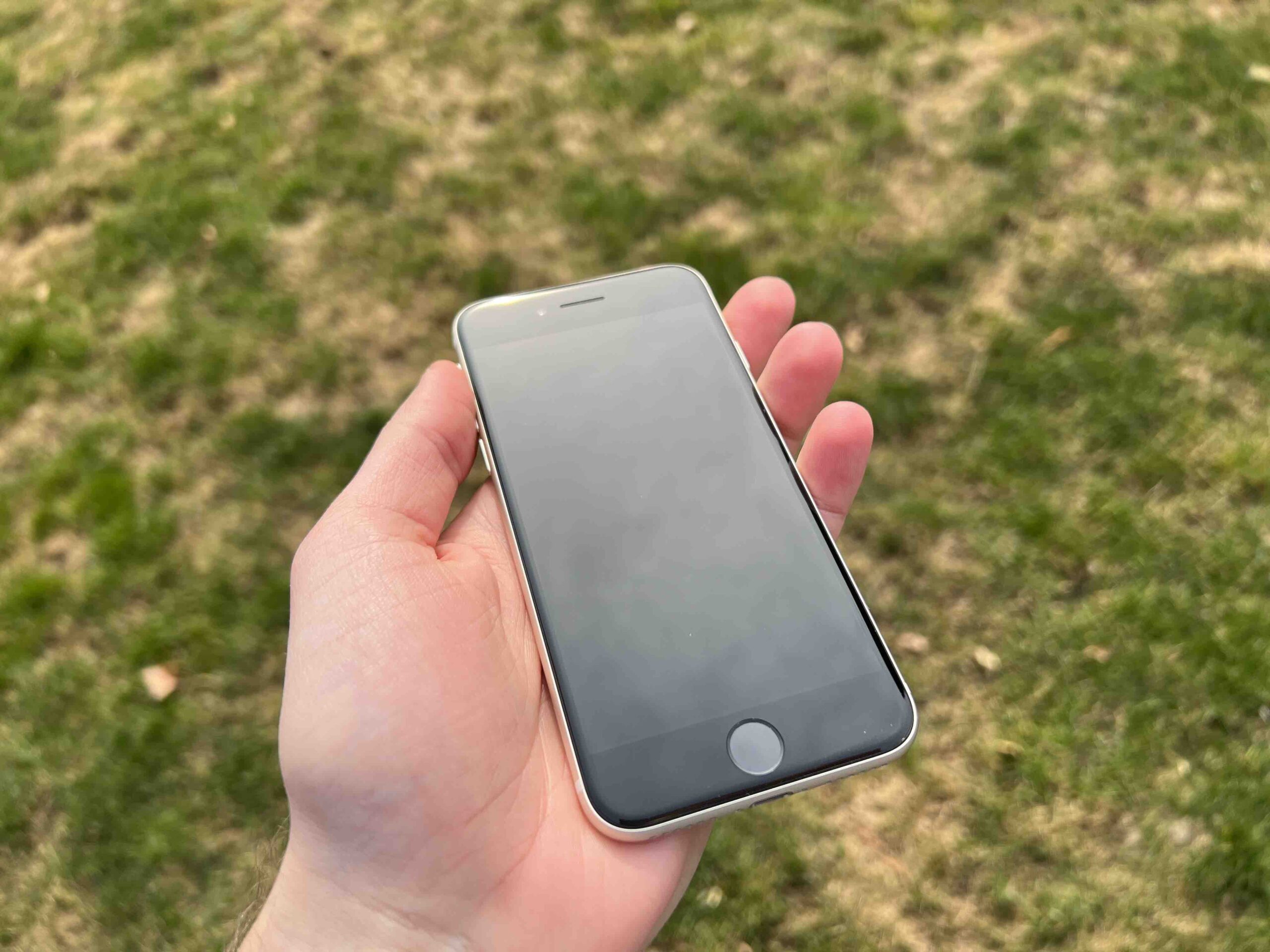
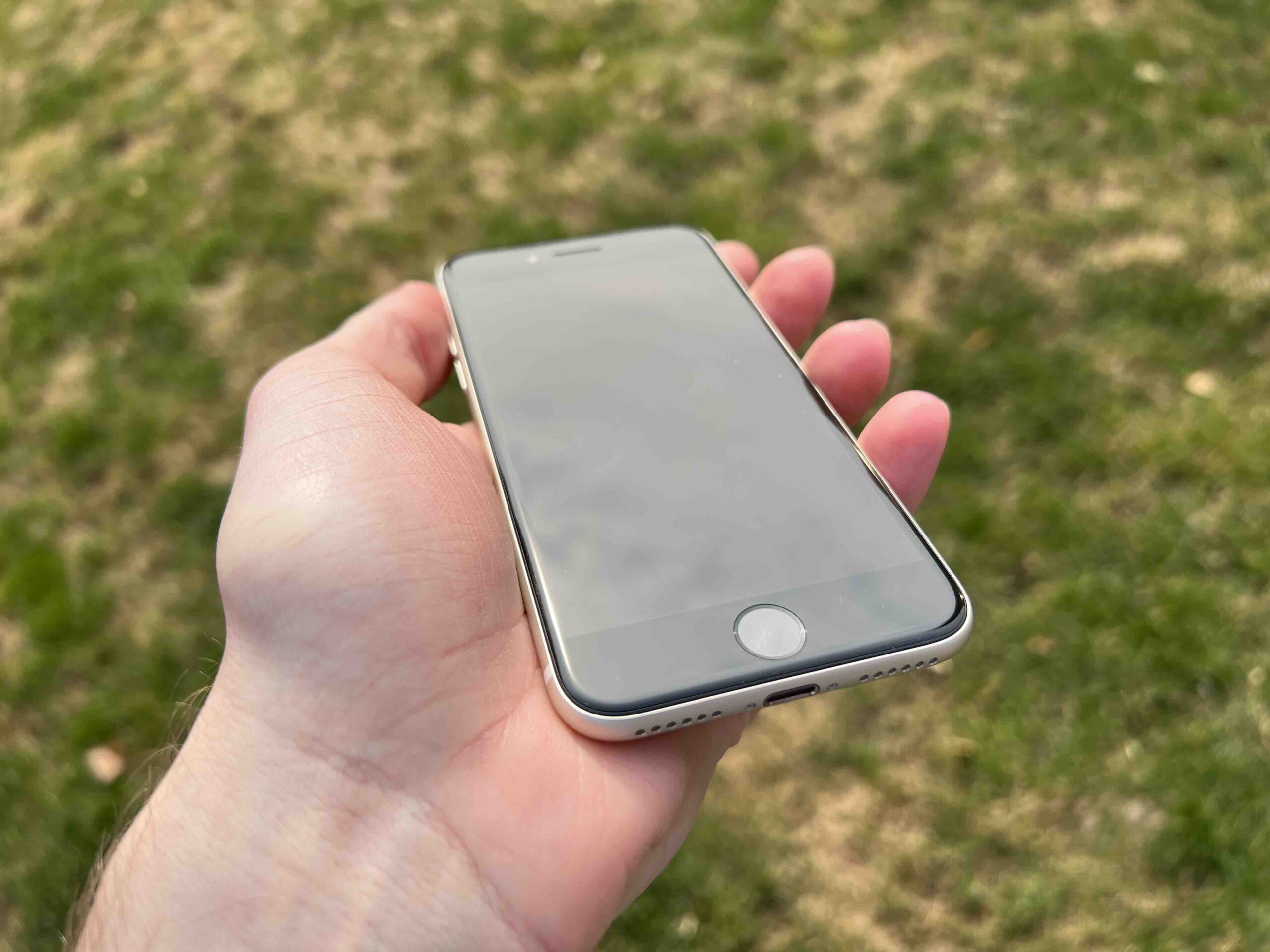
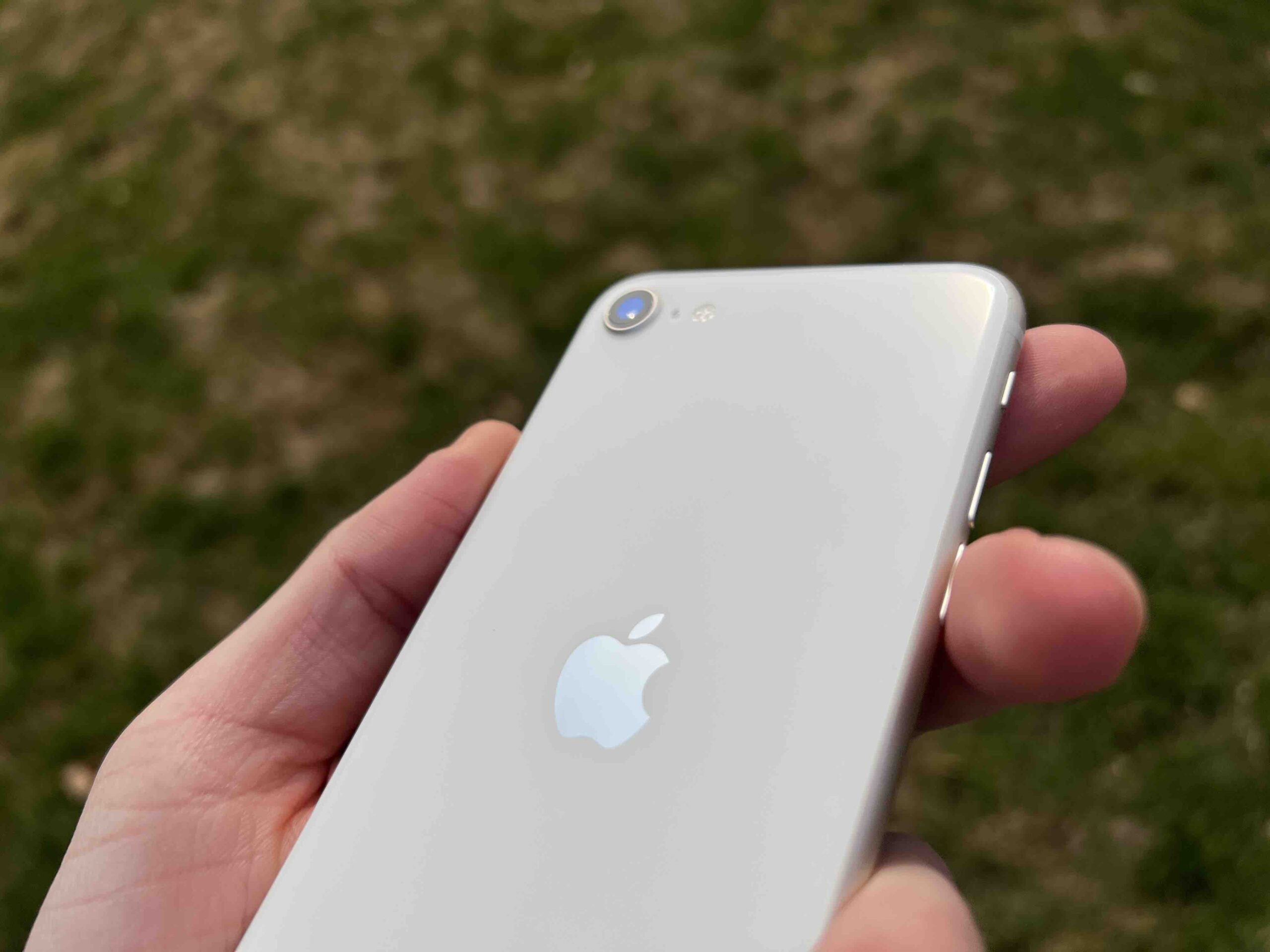
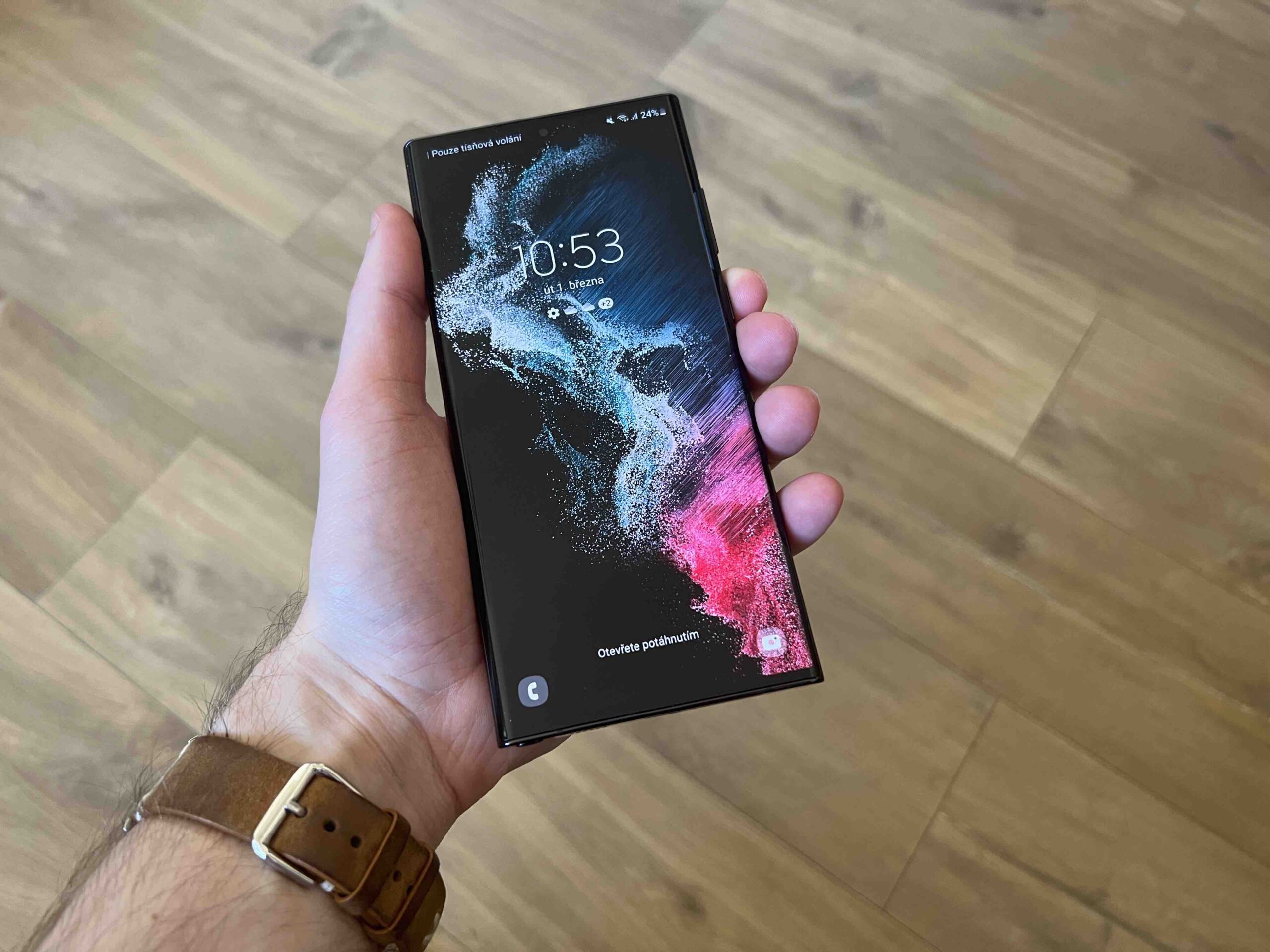
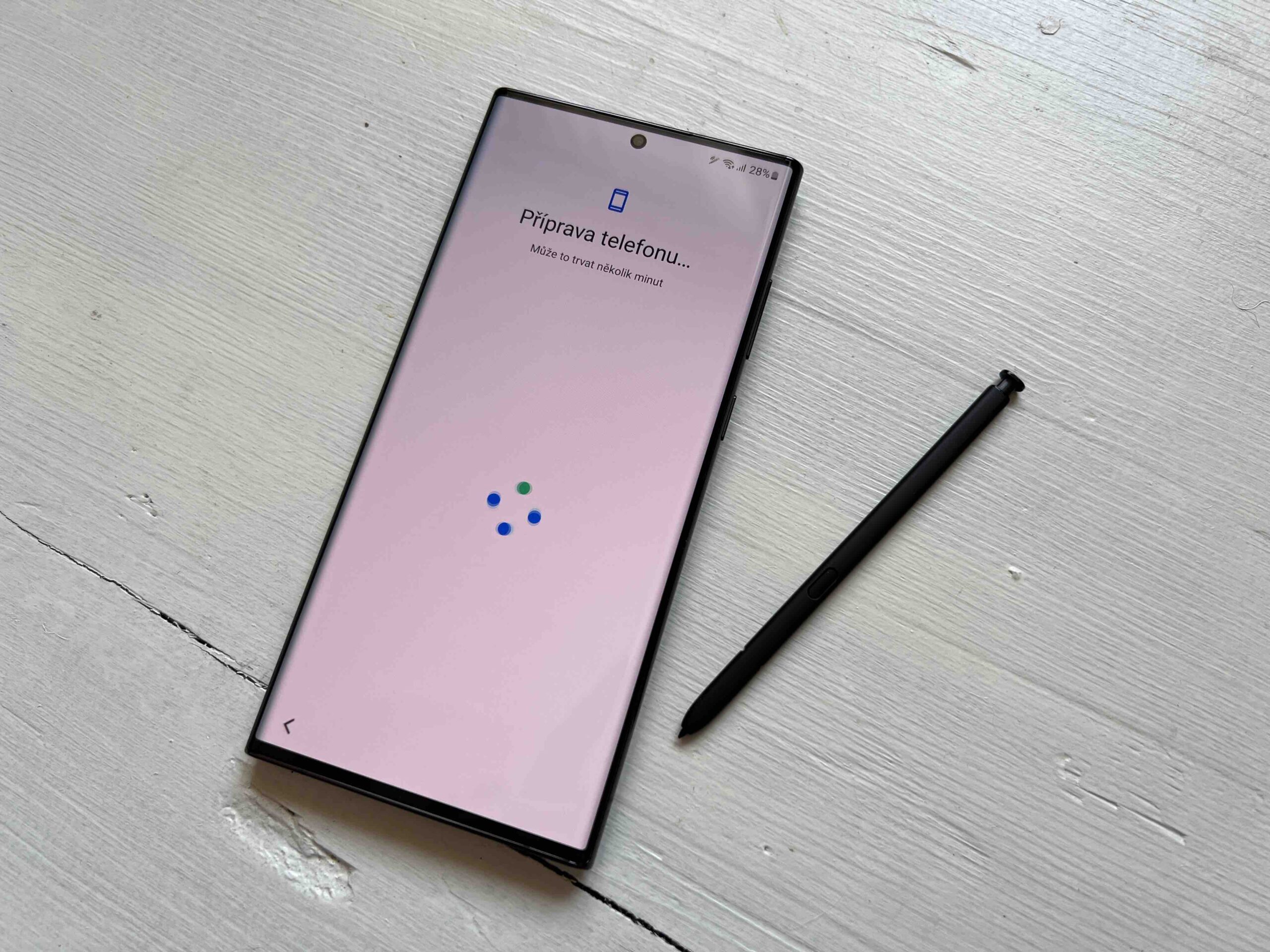
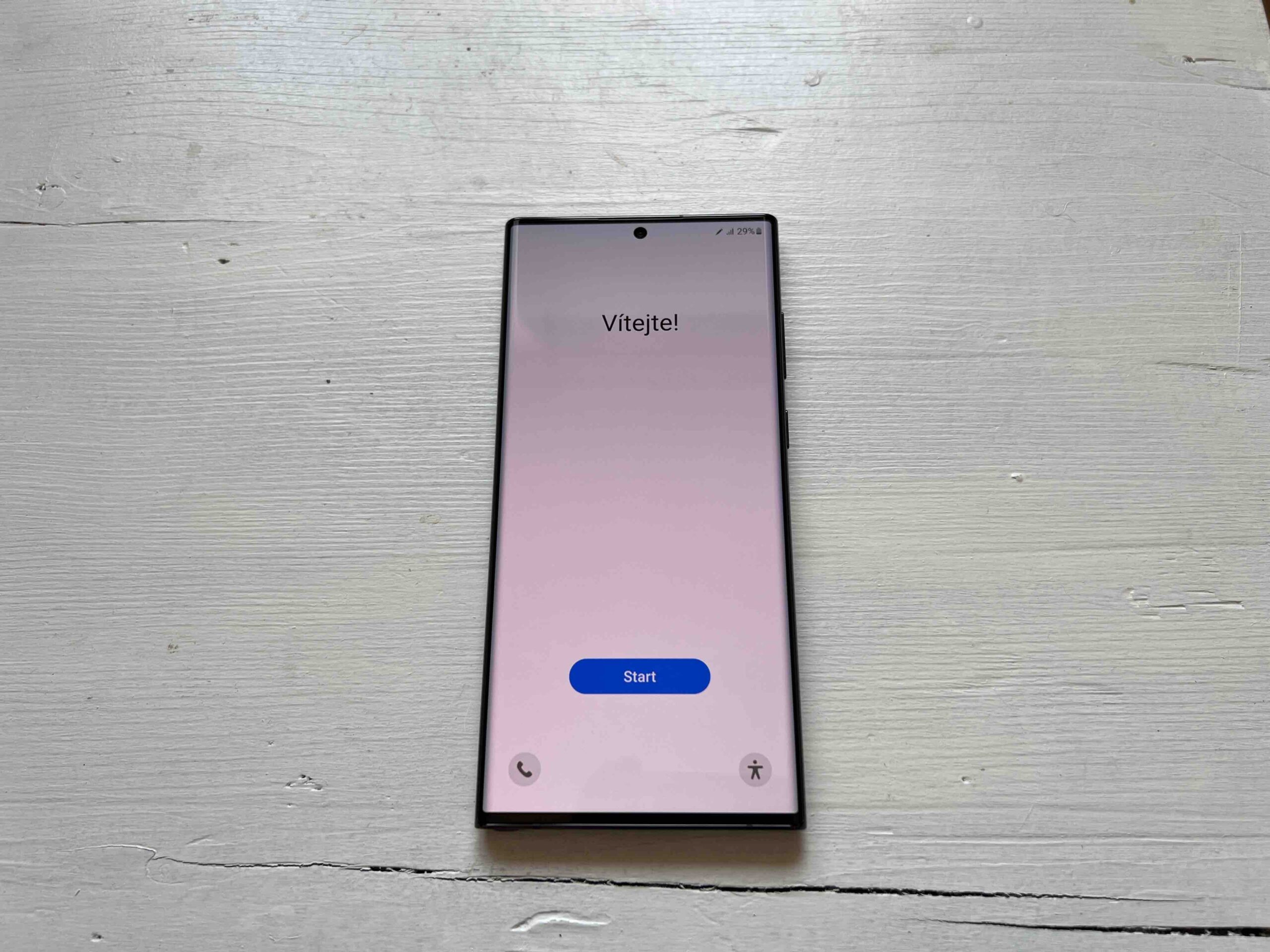
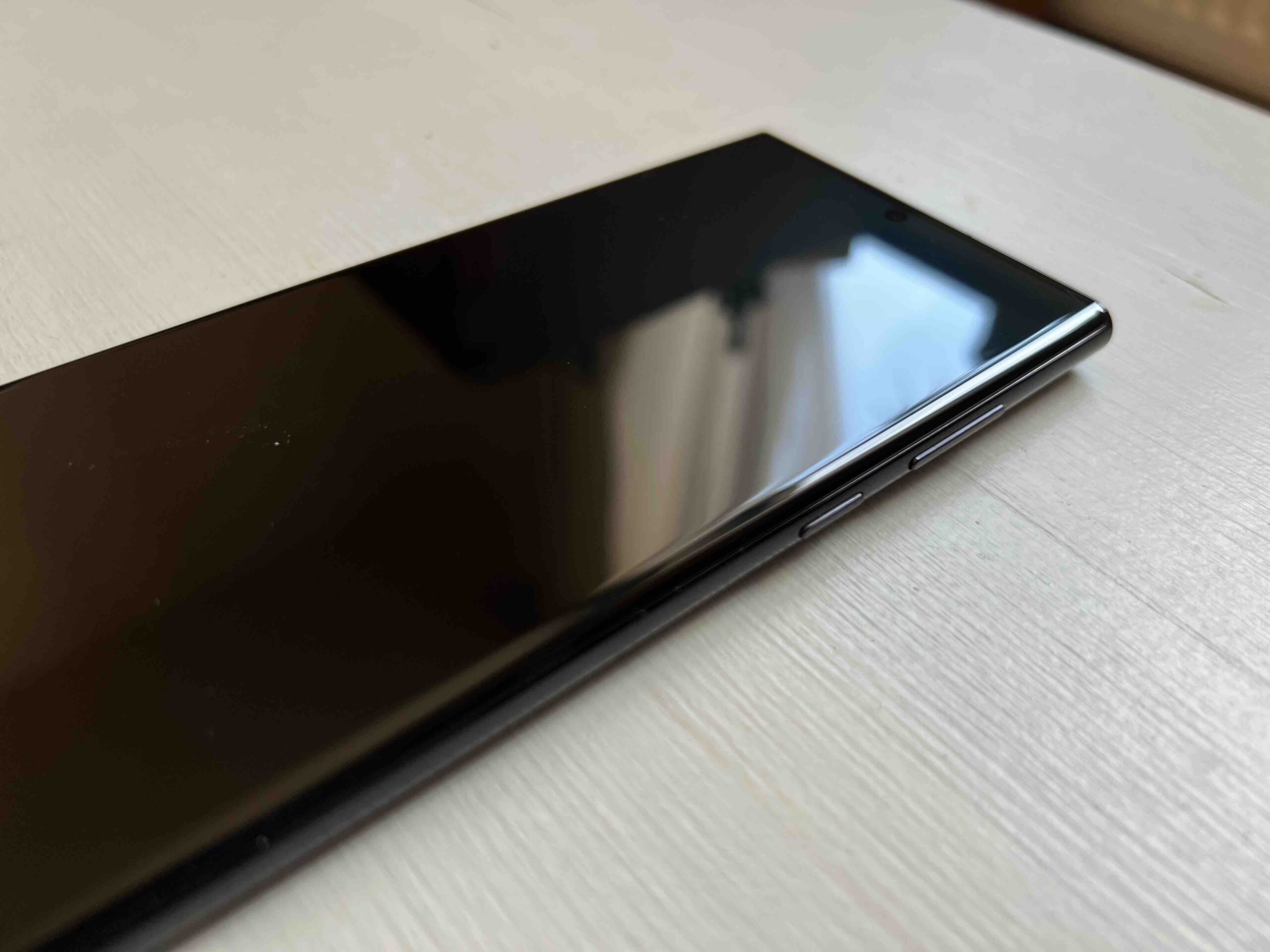
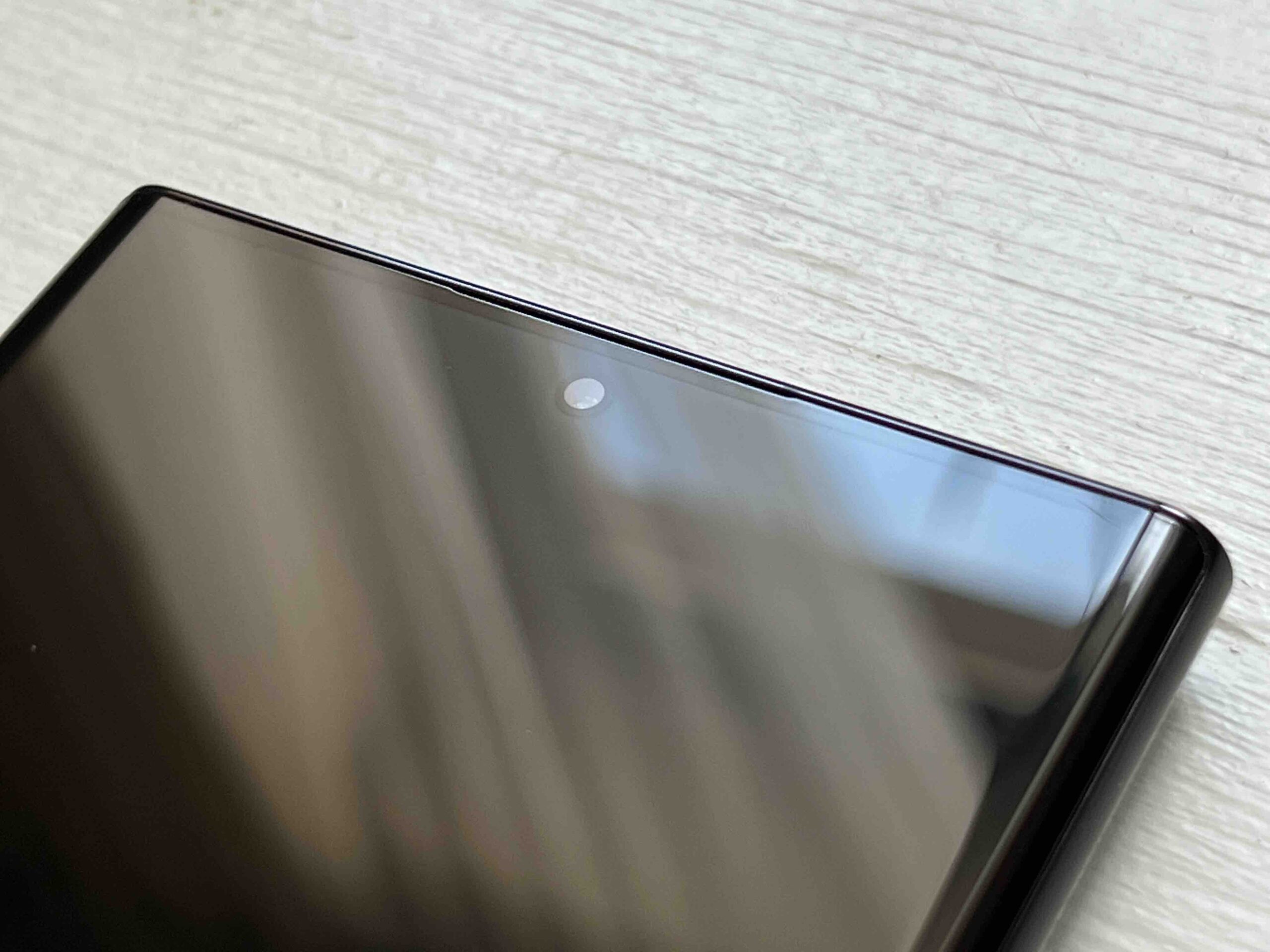
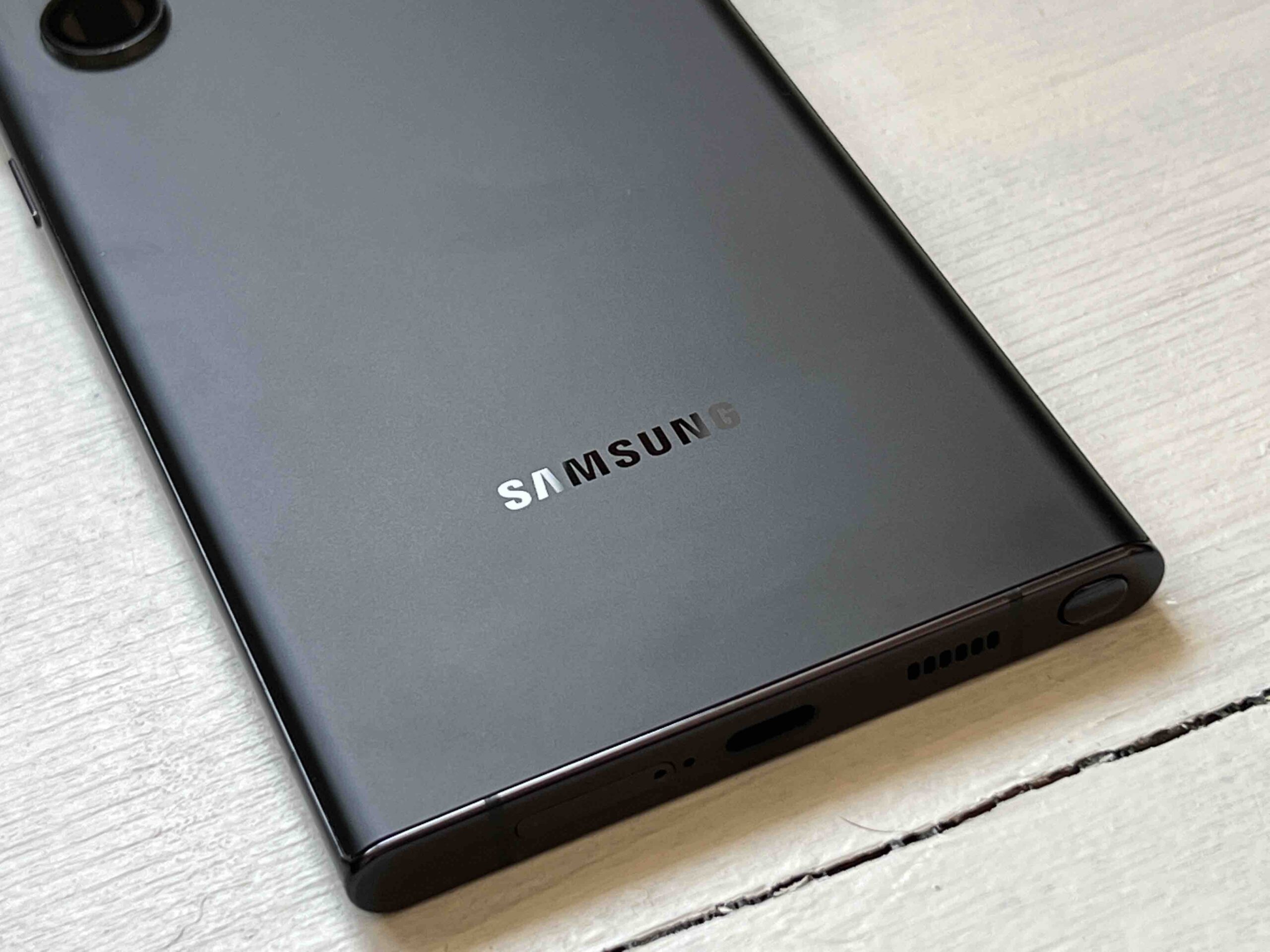
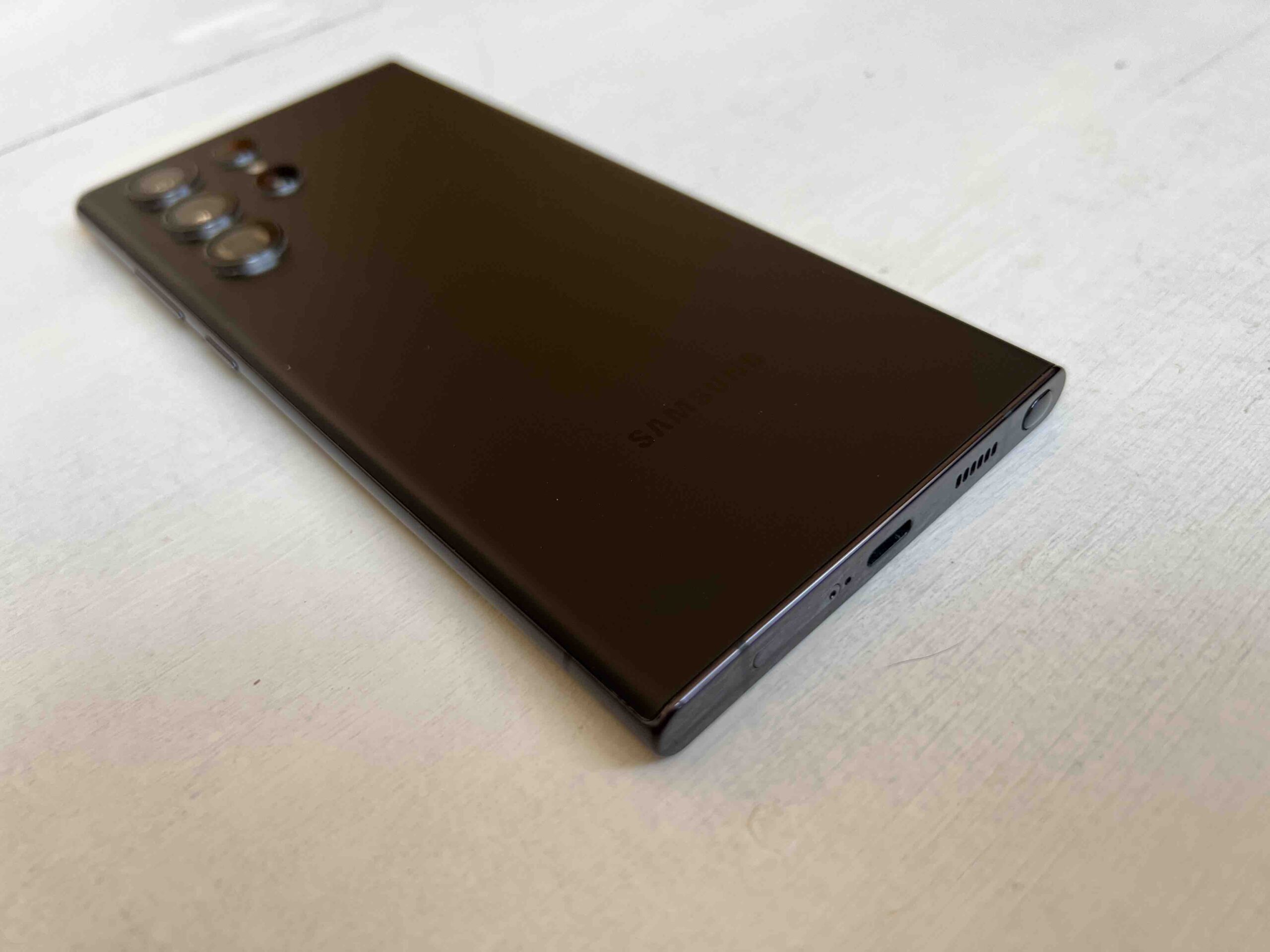
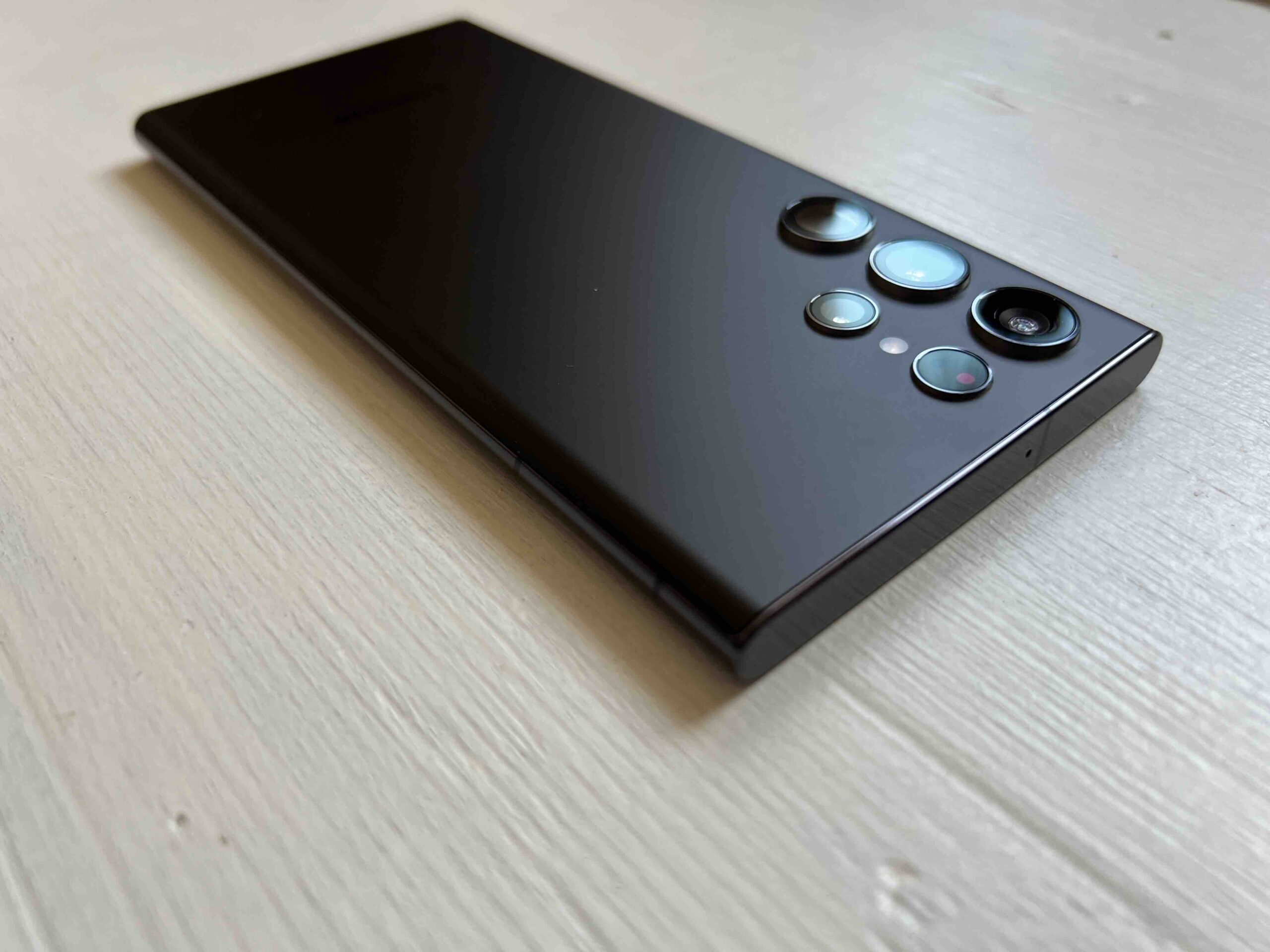
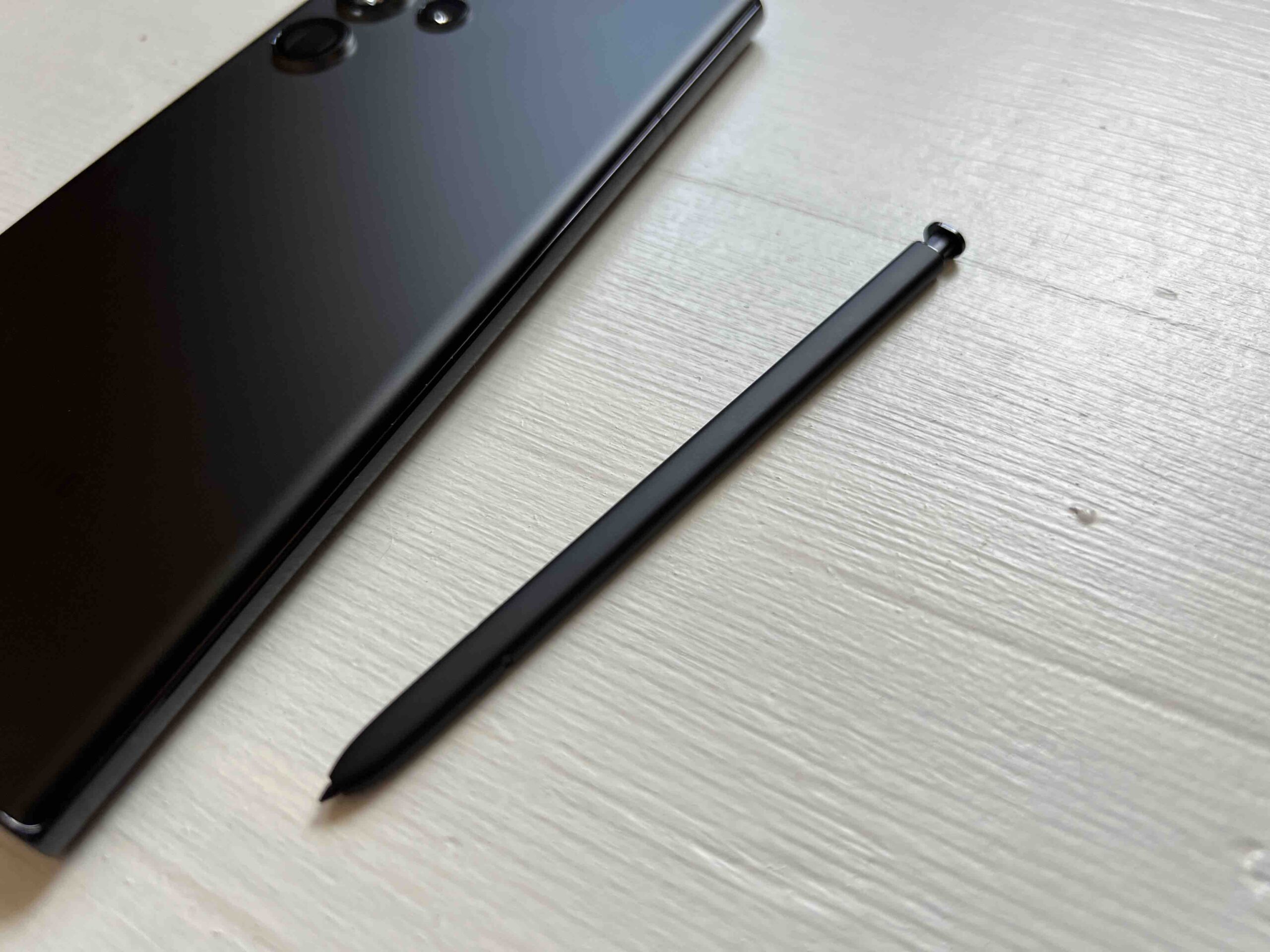
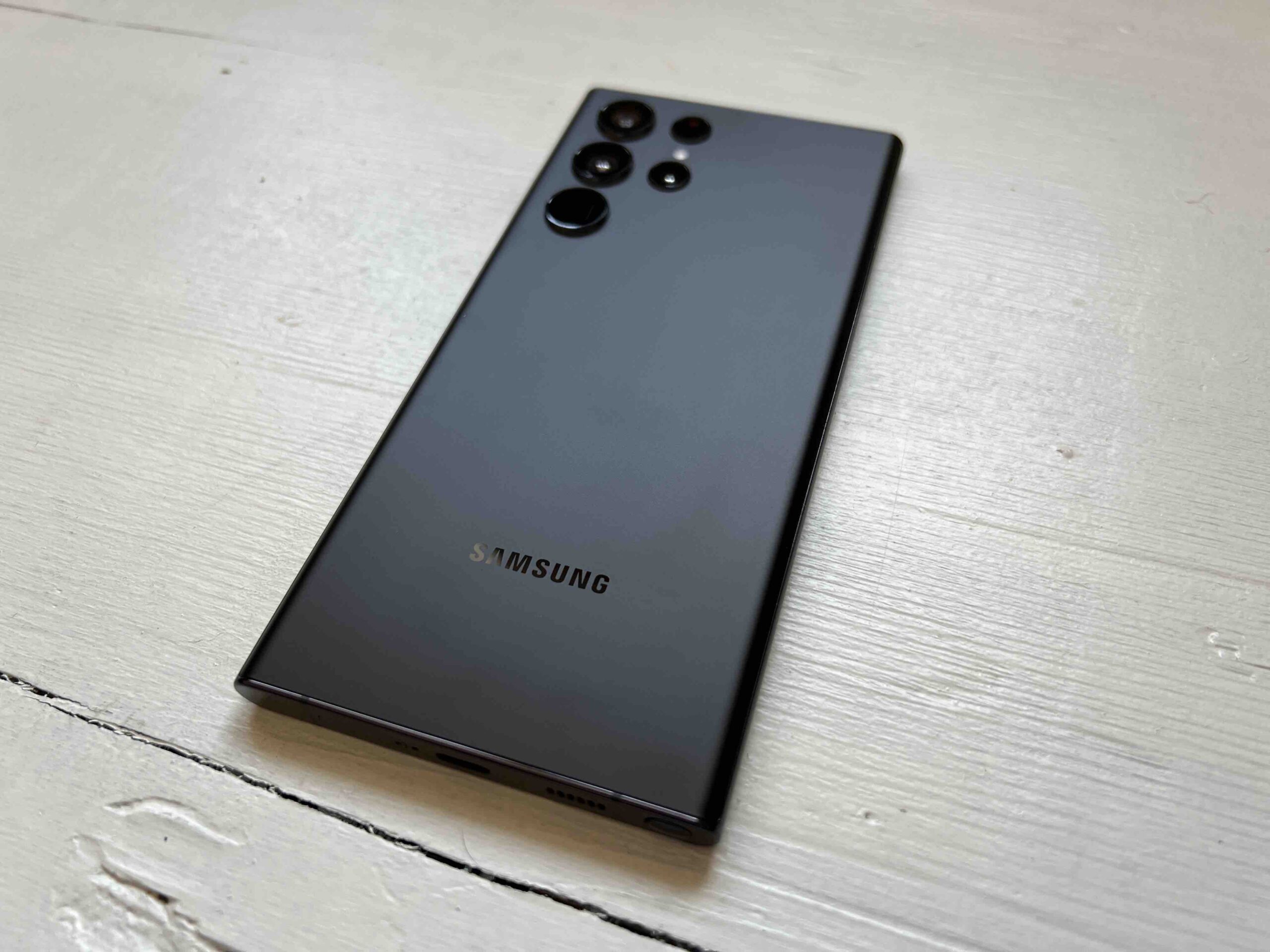
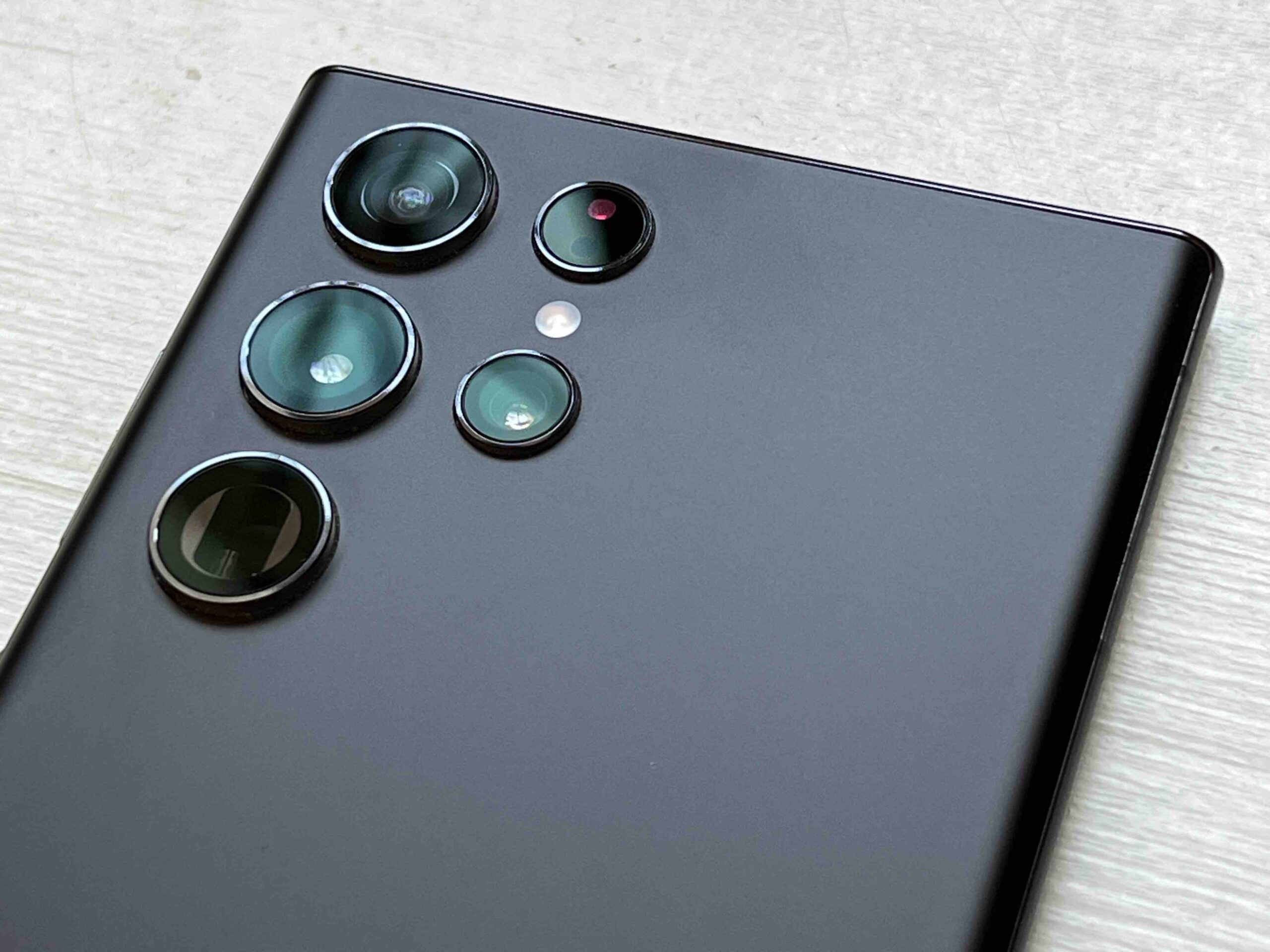
 Samsung Magazine
Samsung Magazine 